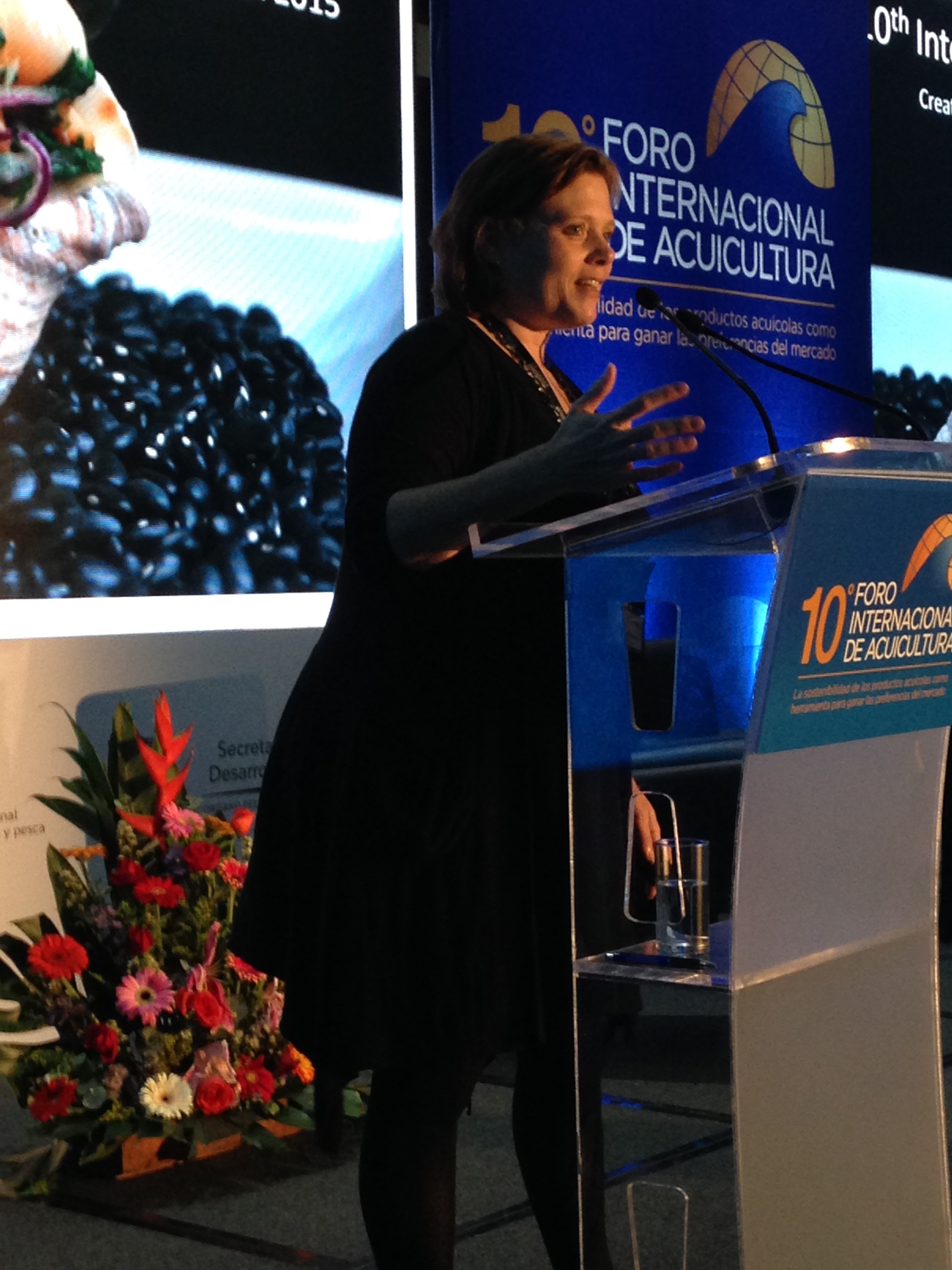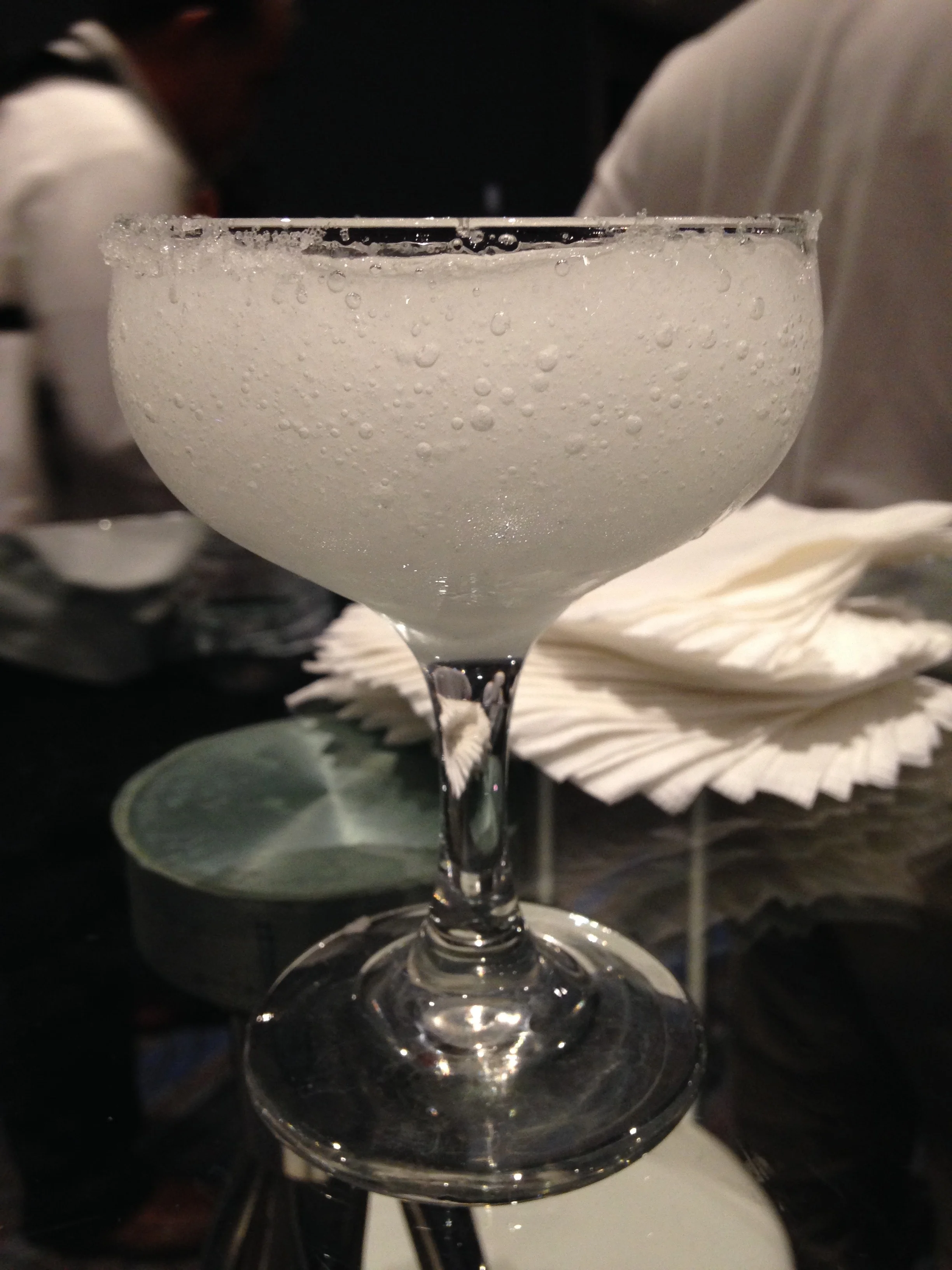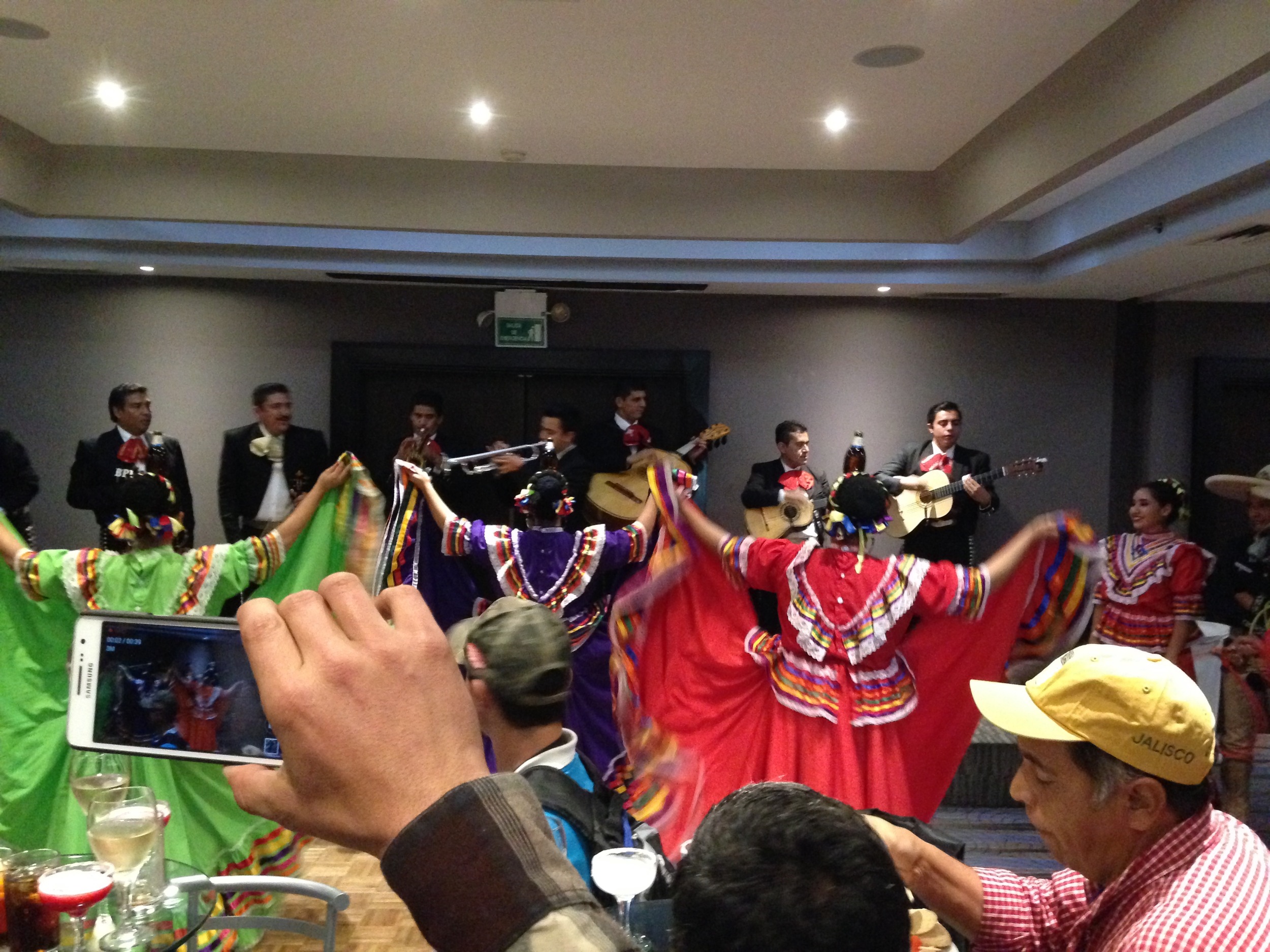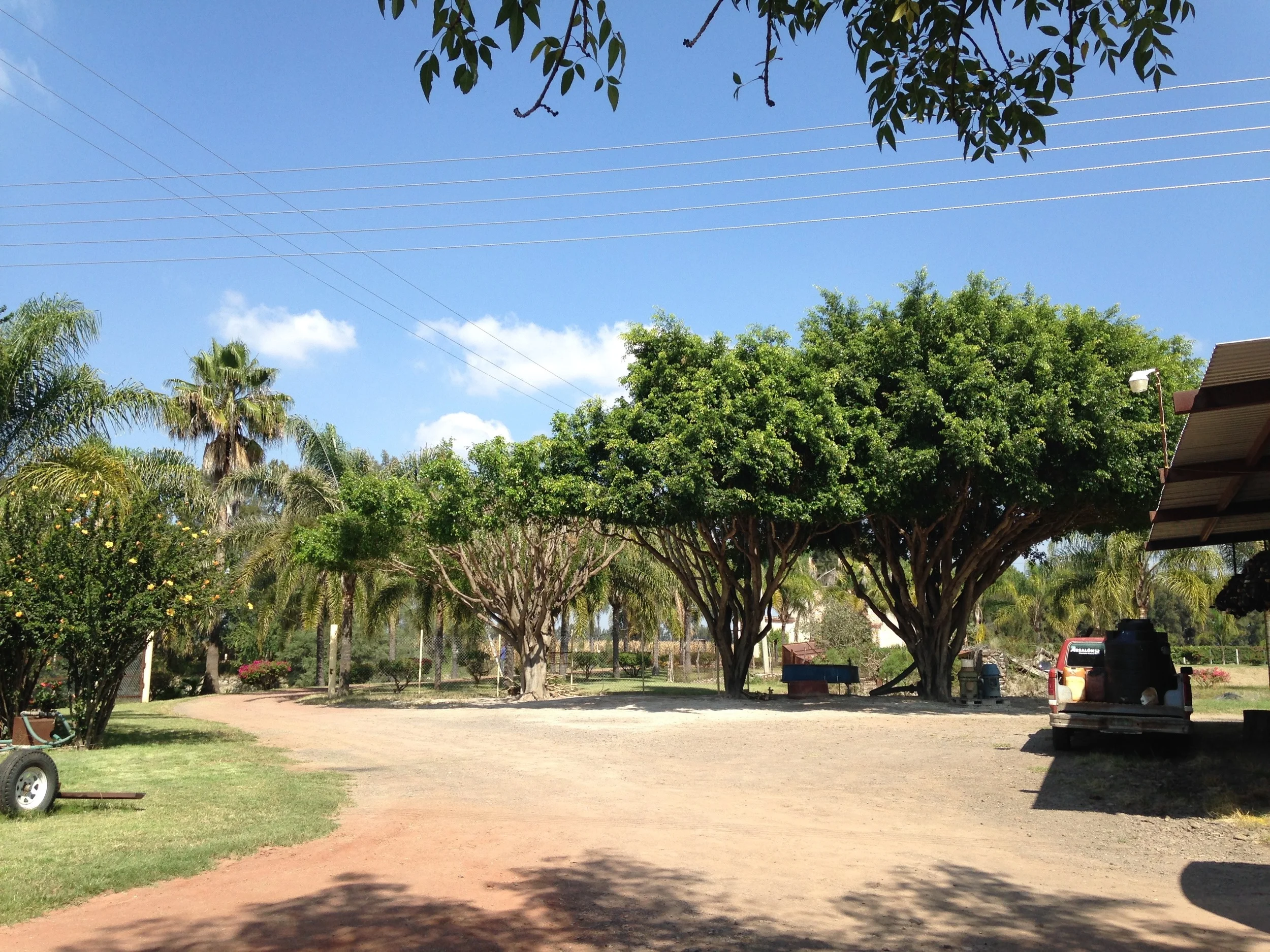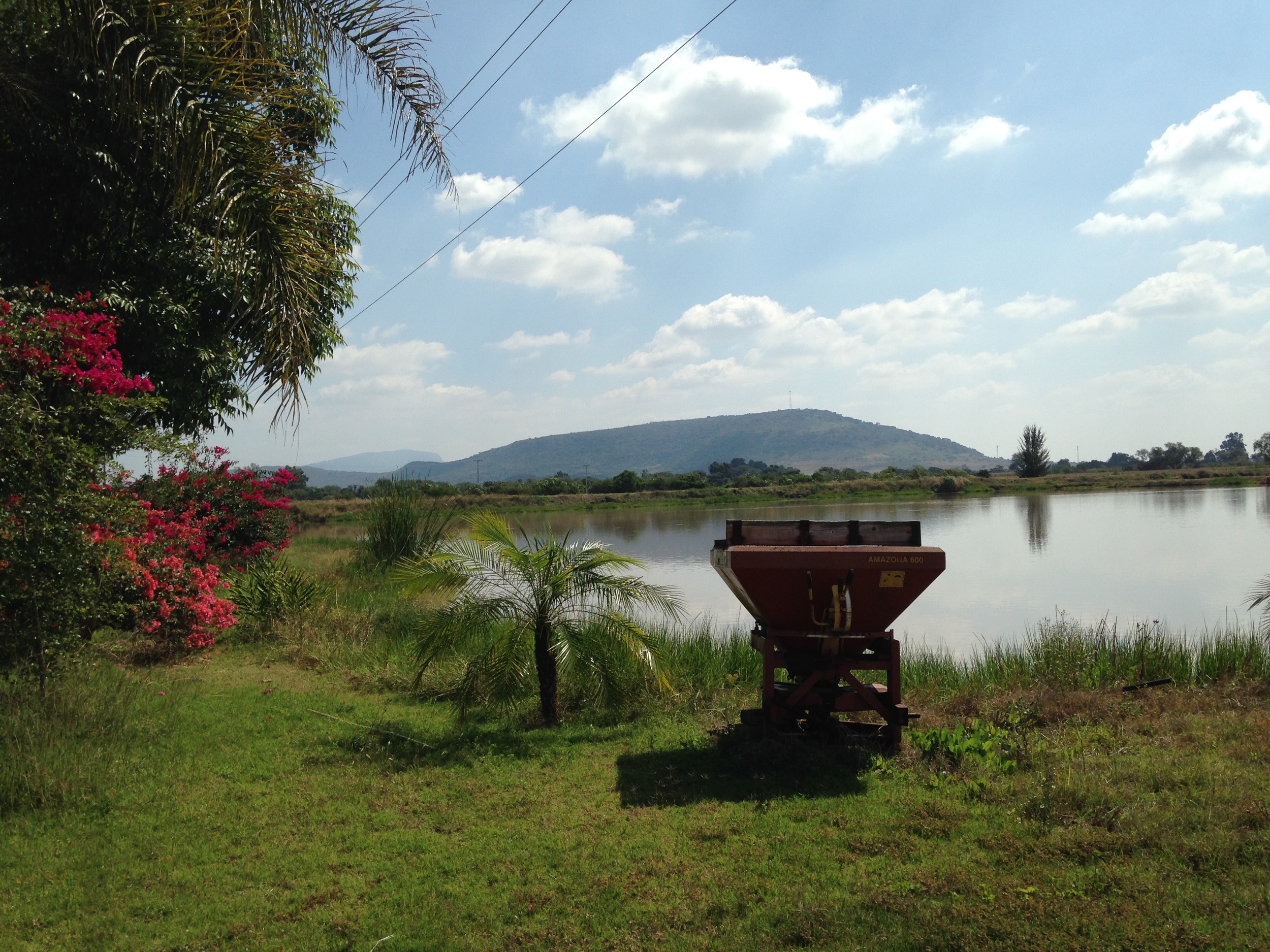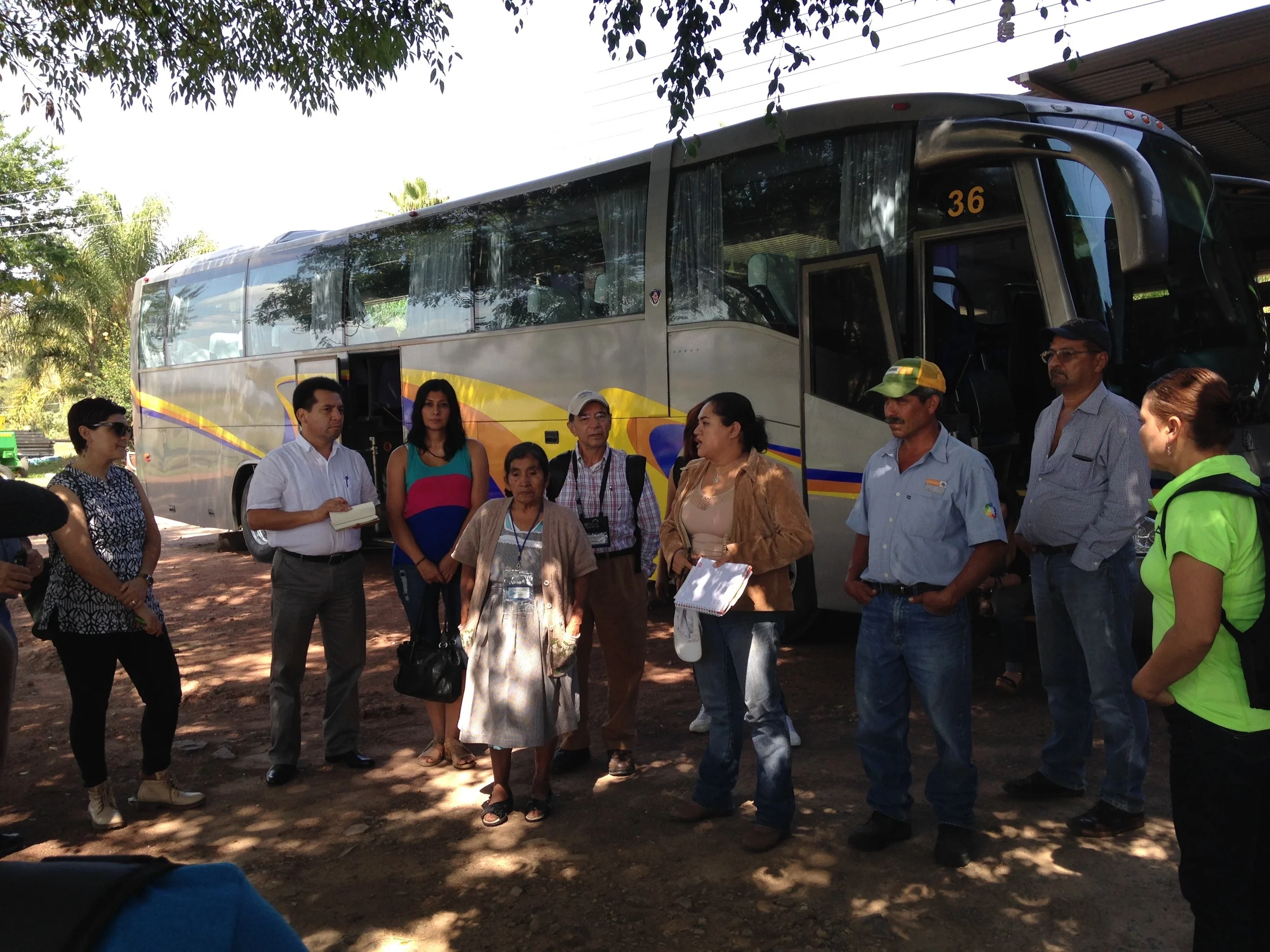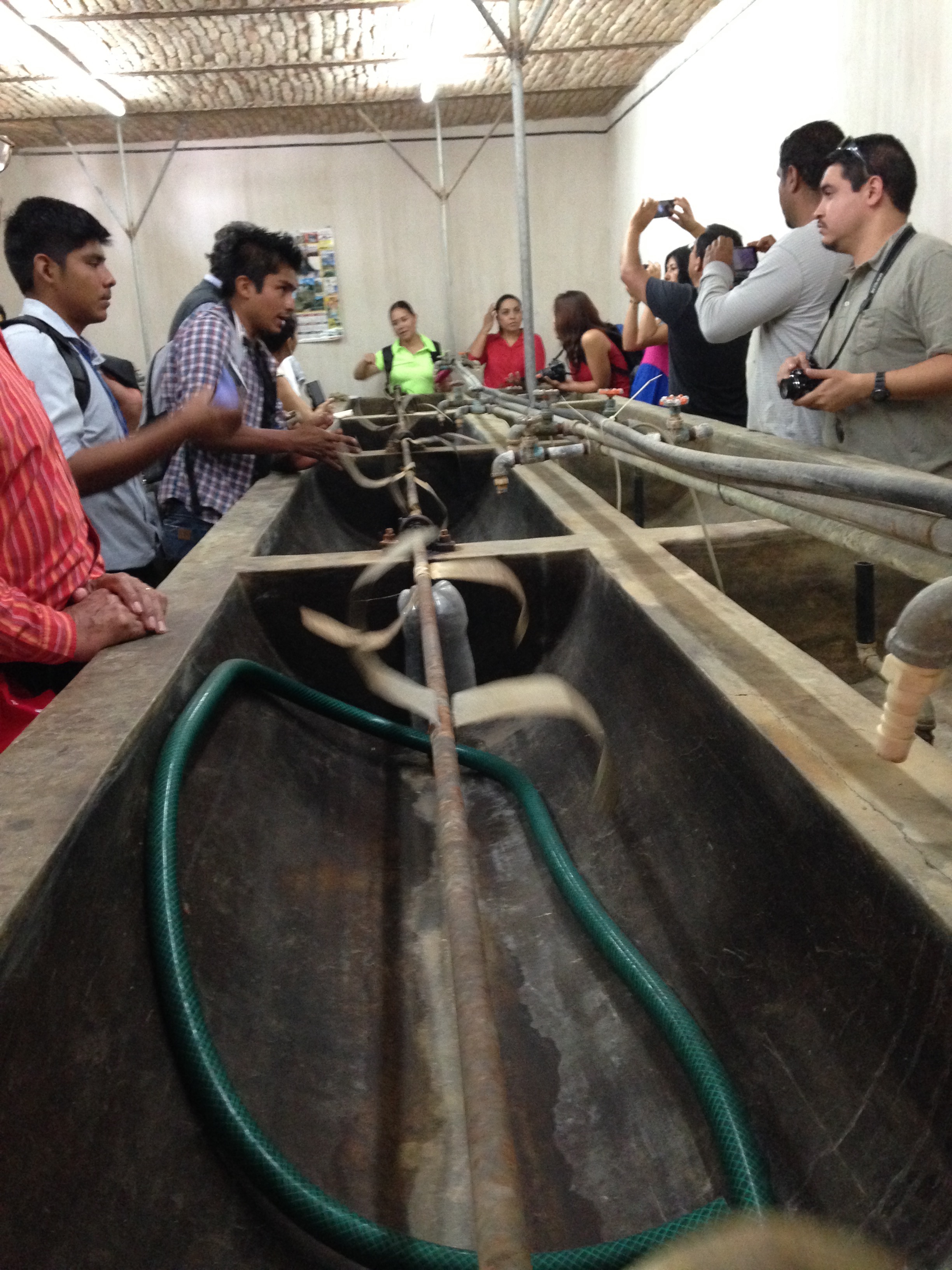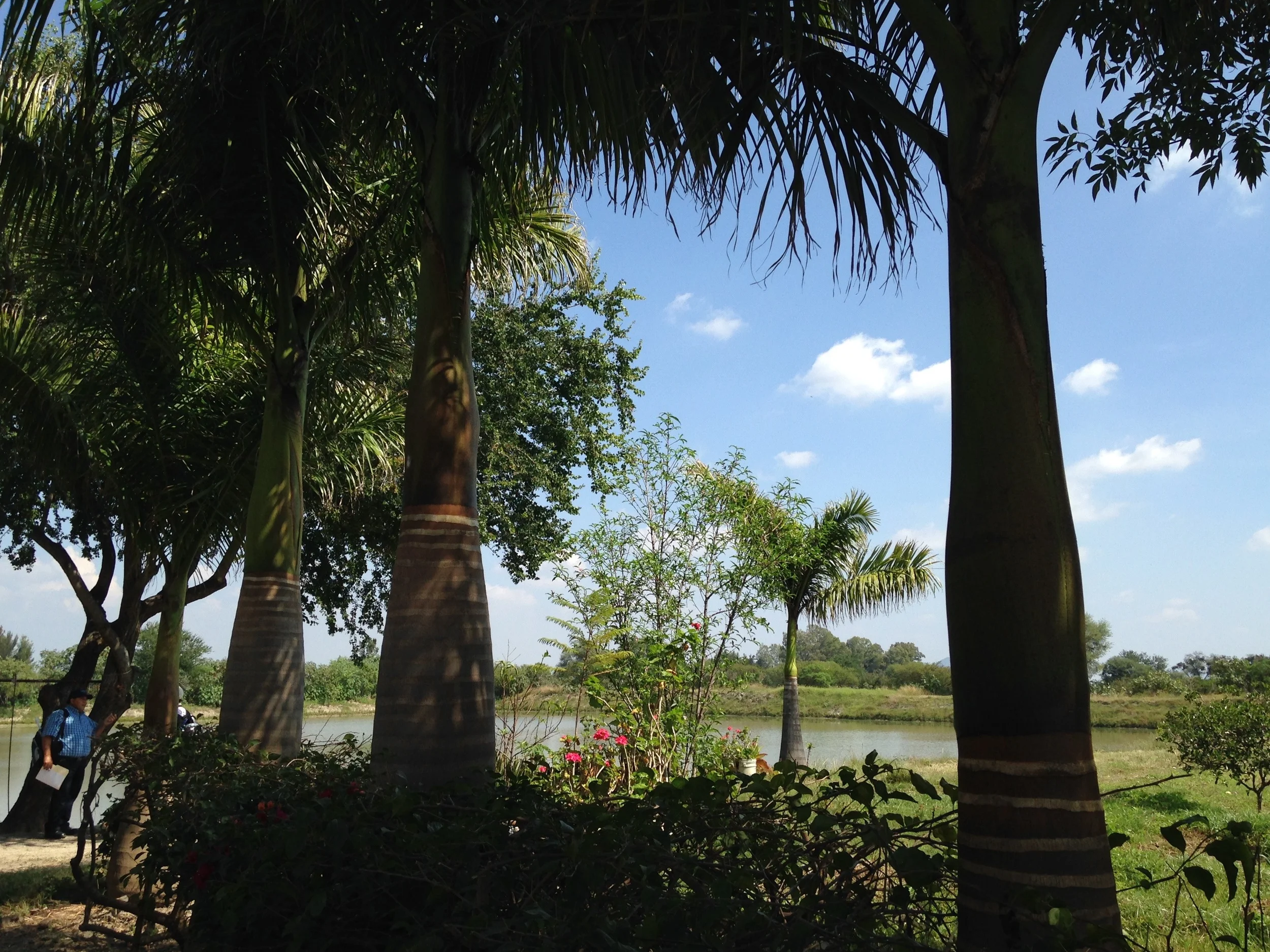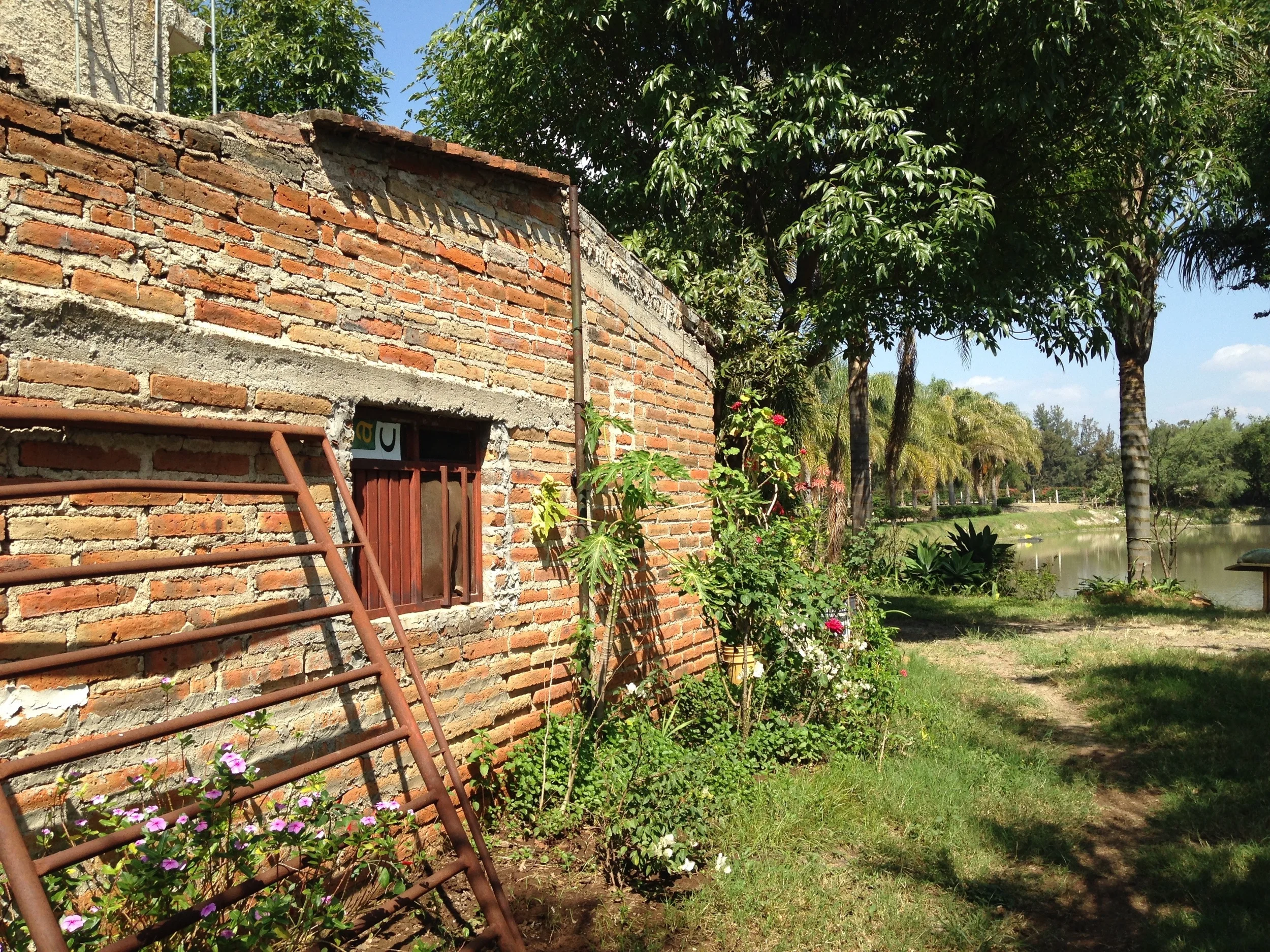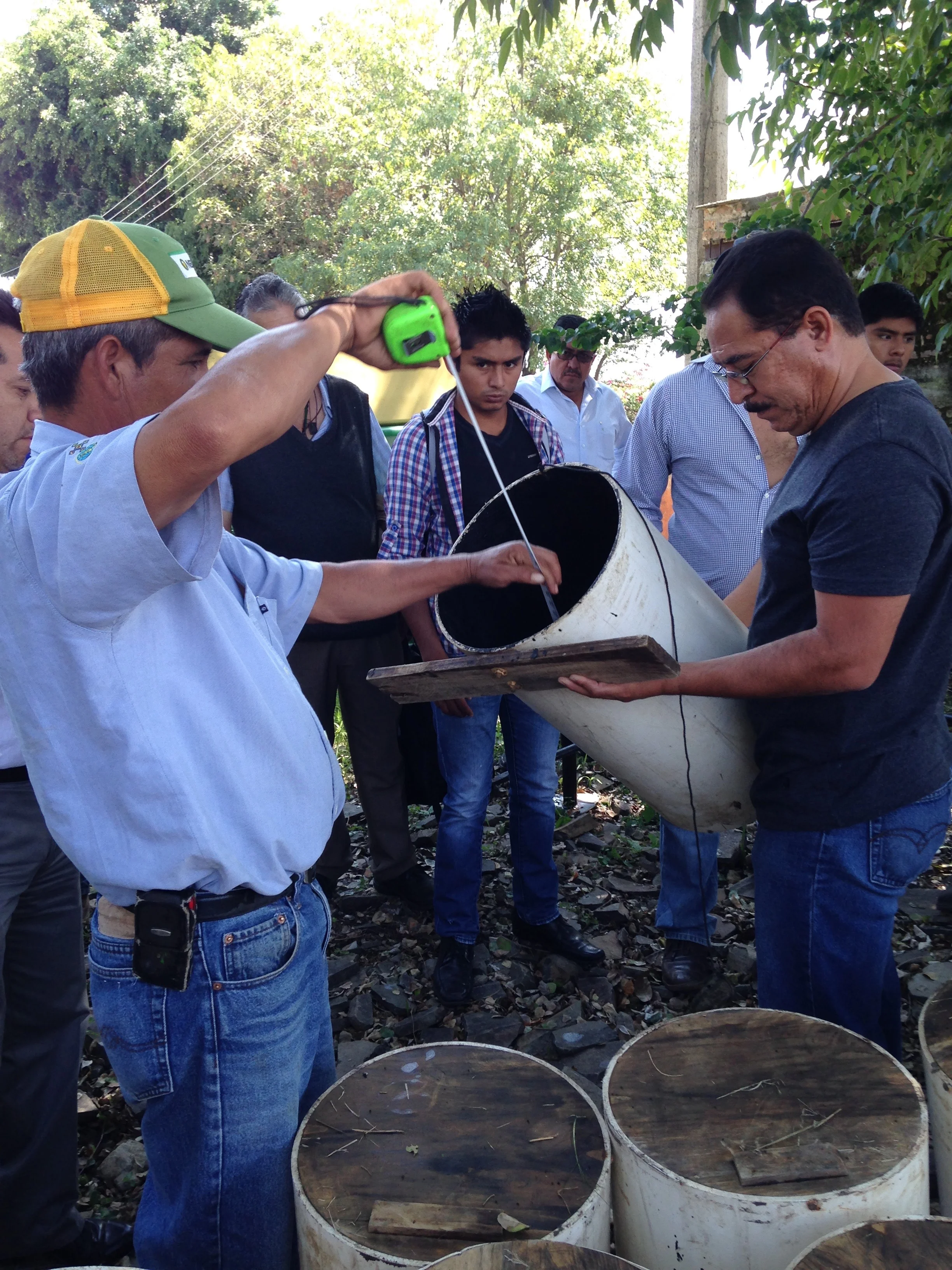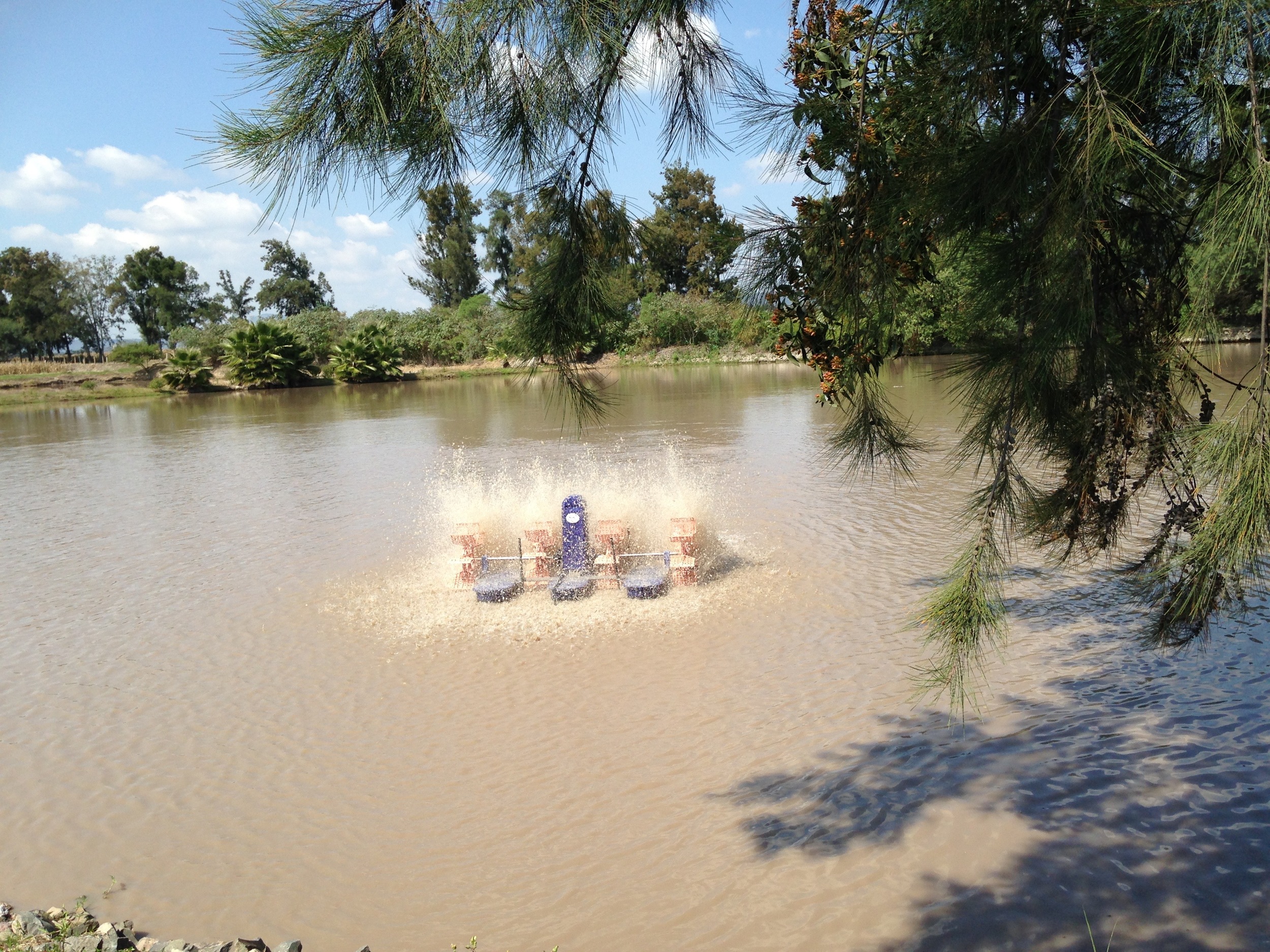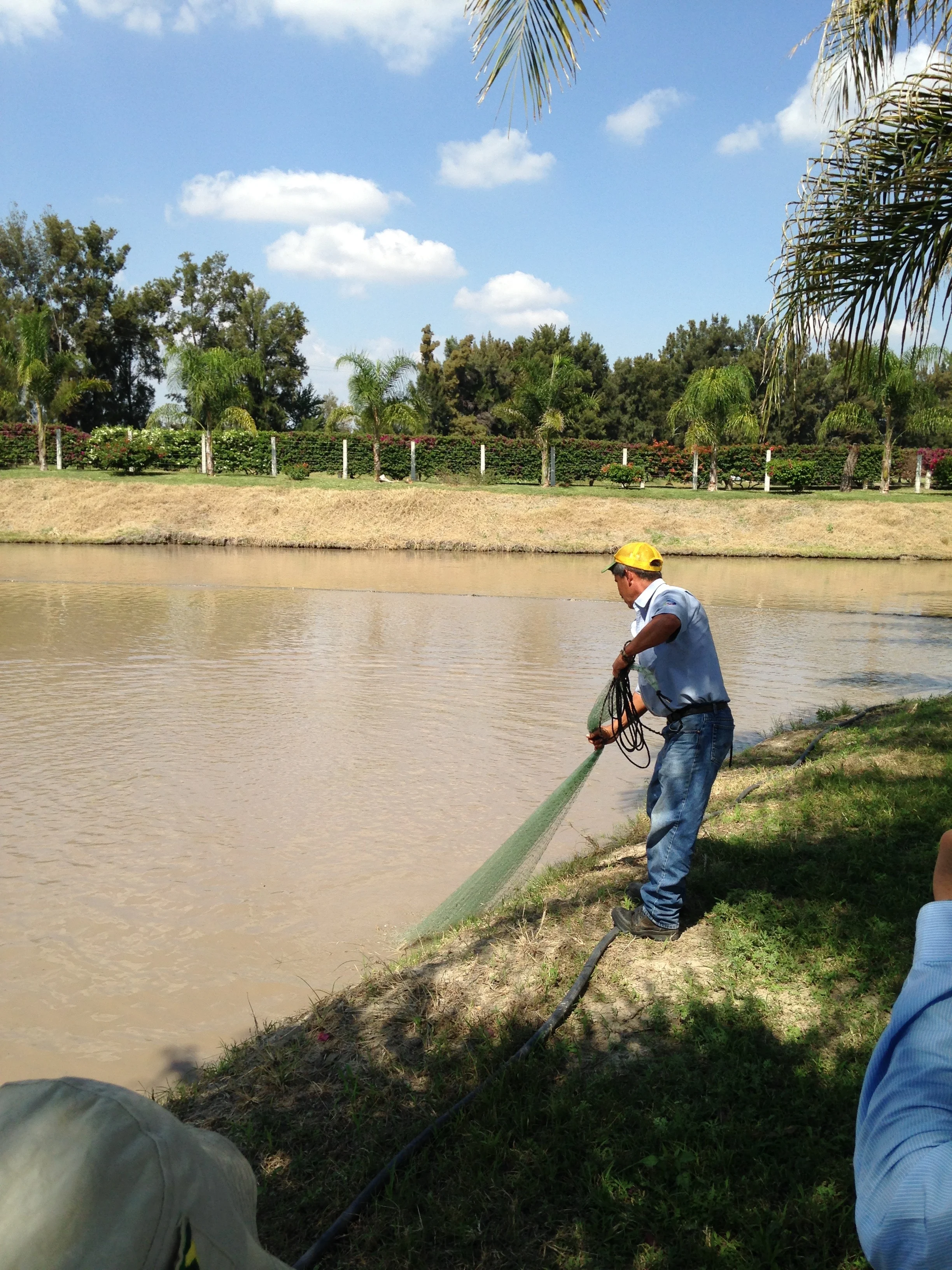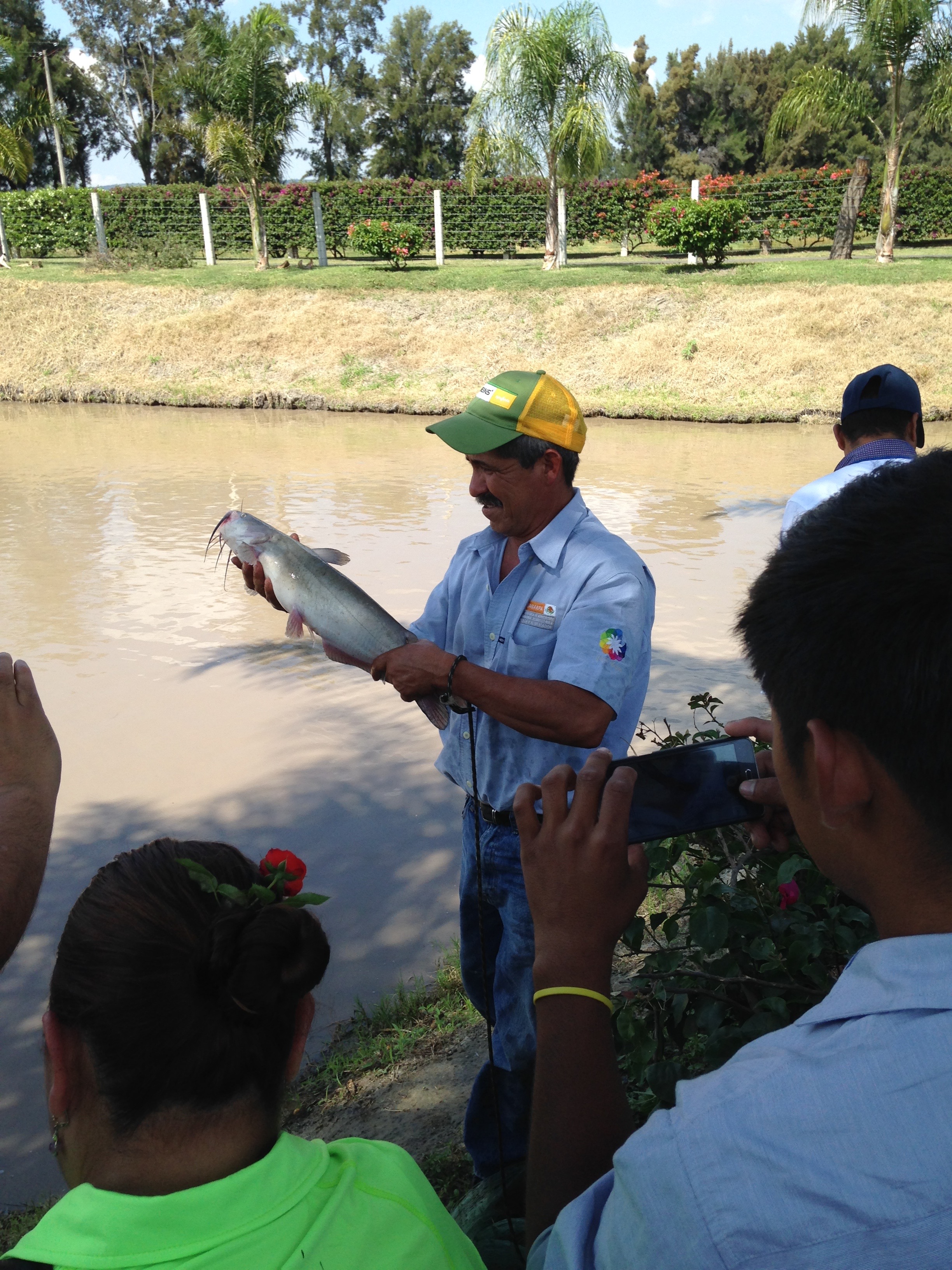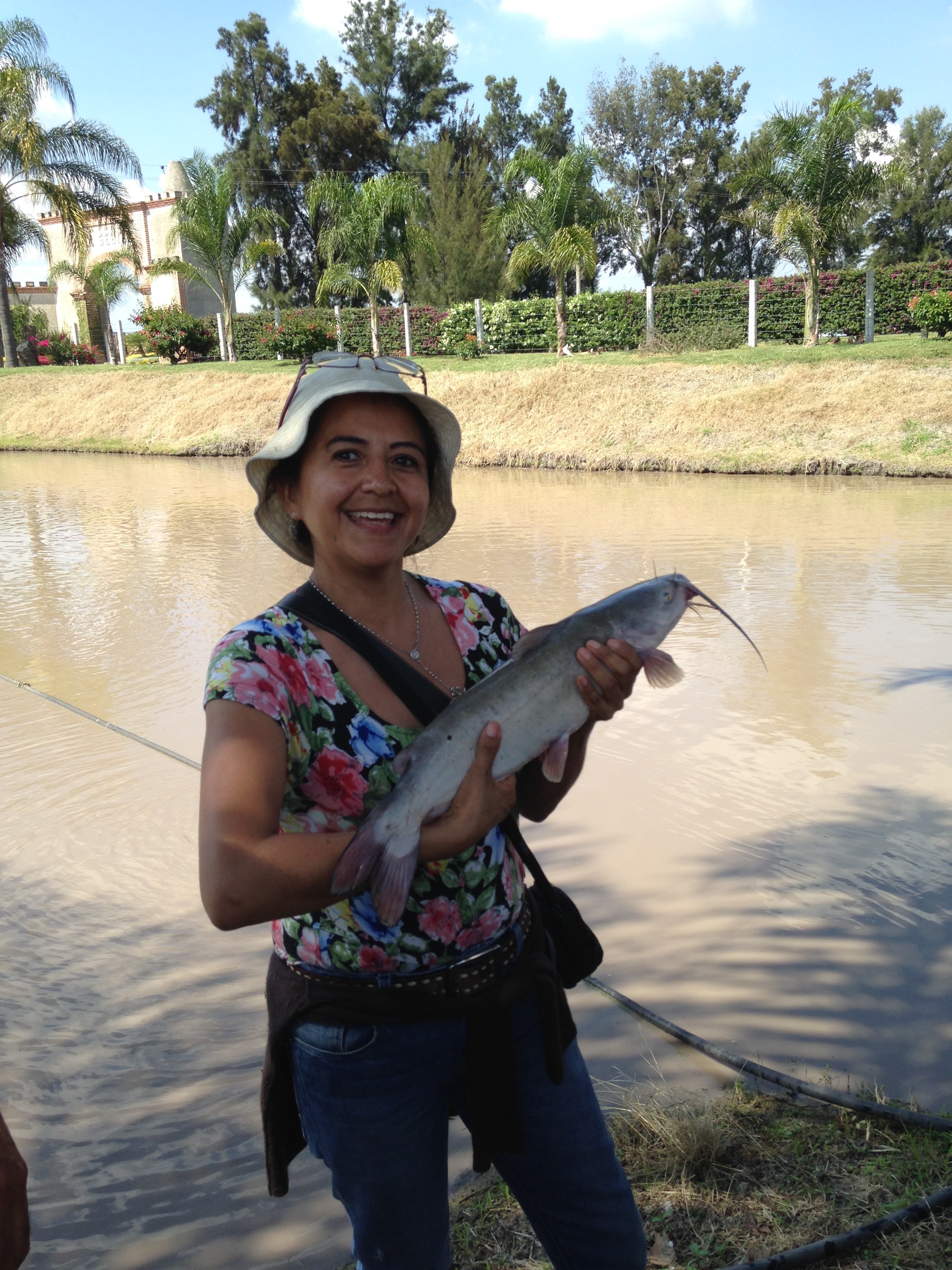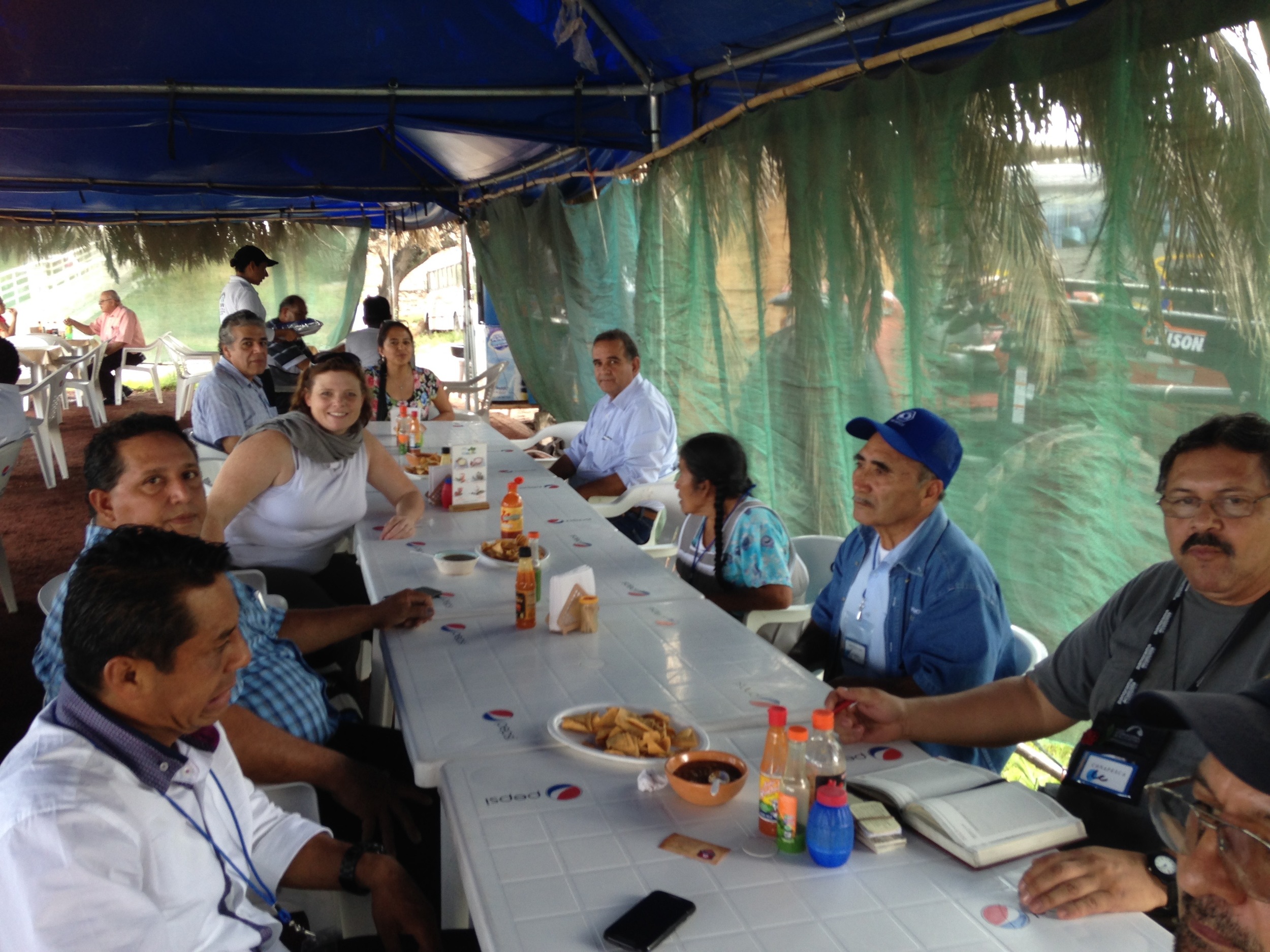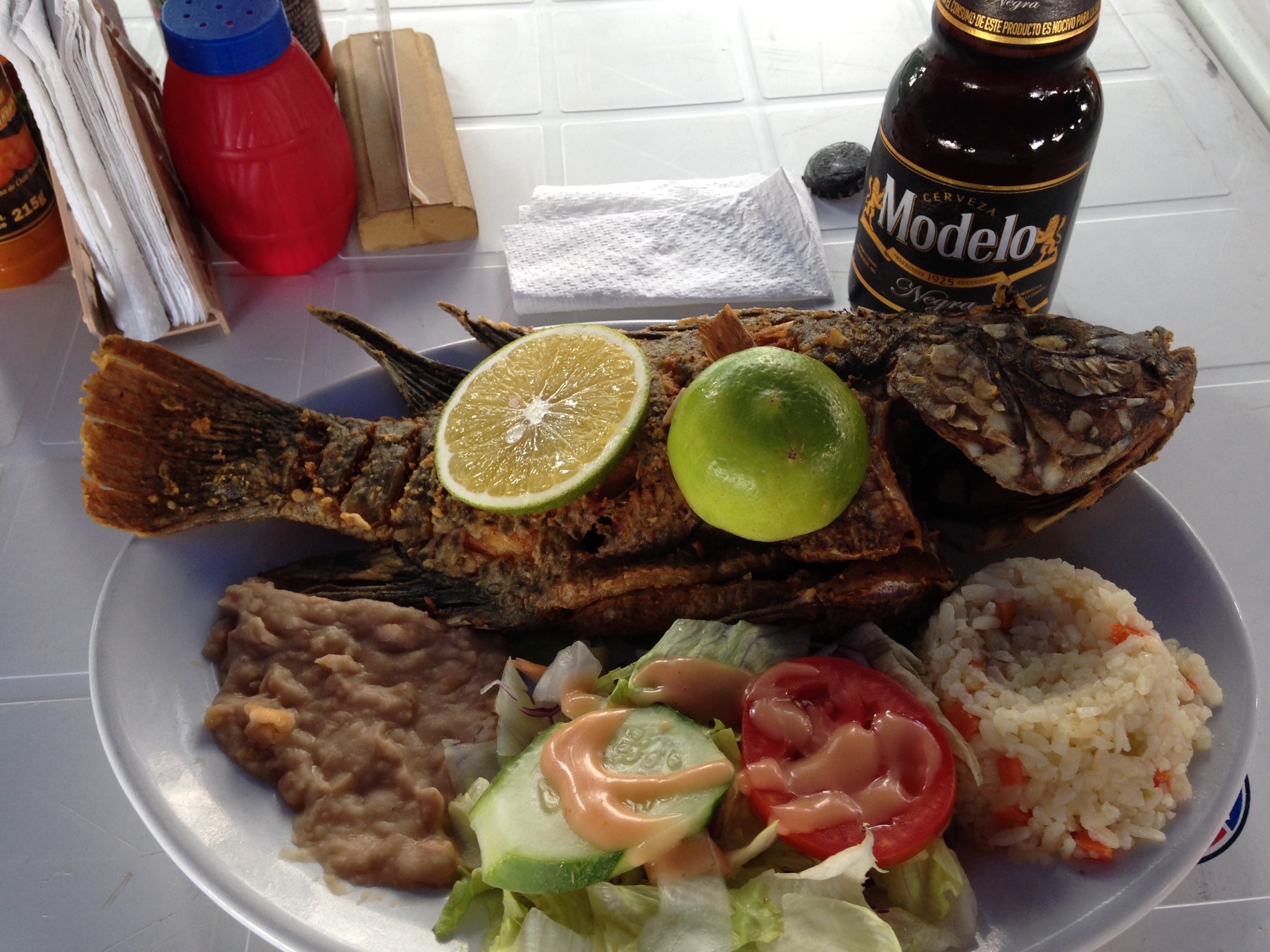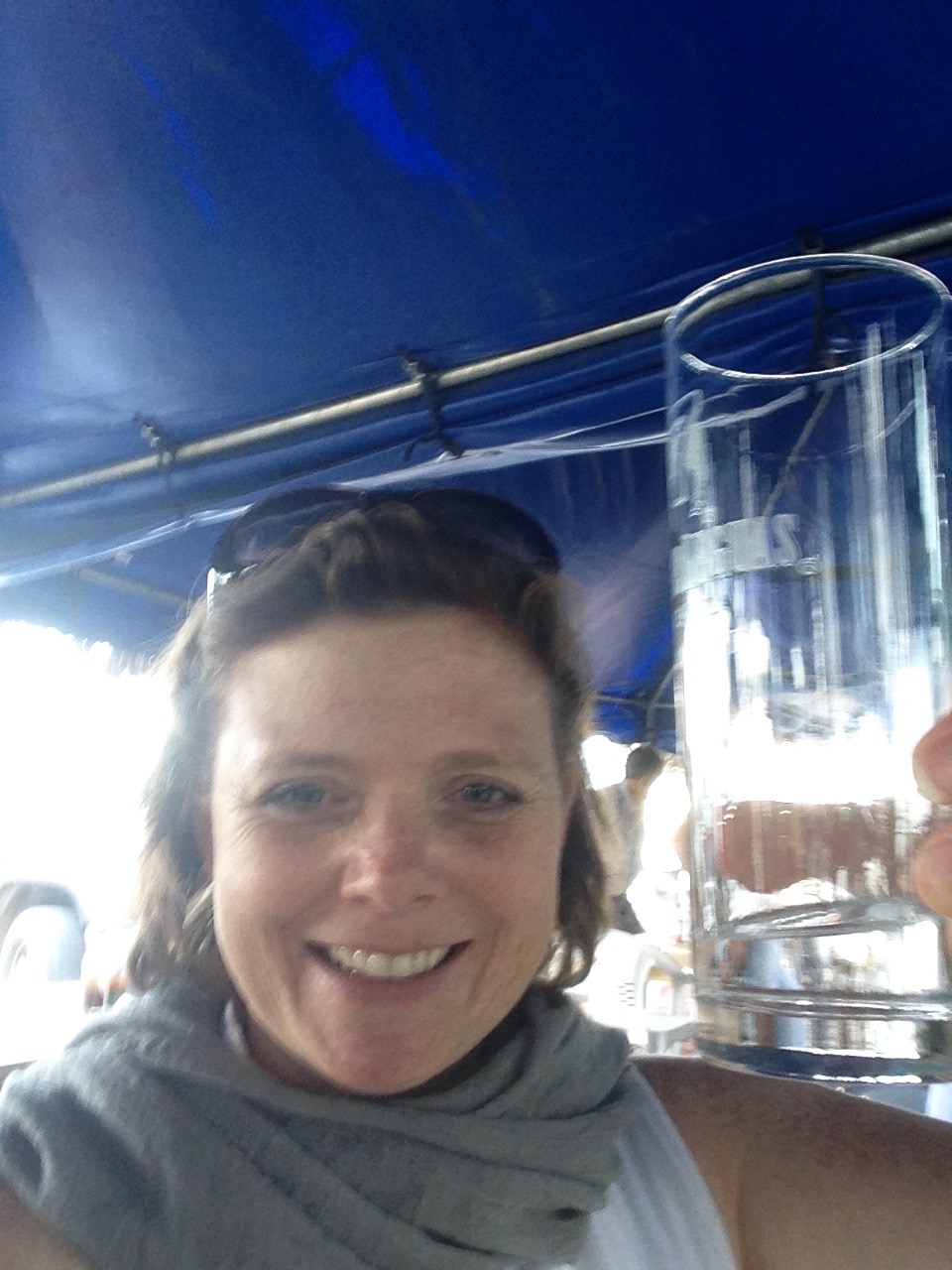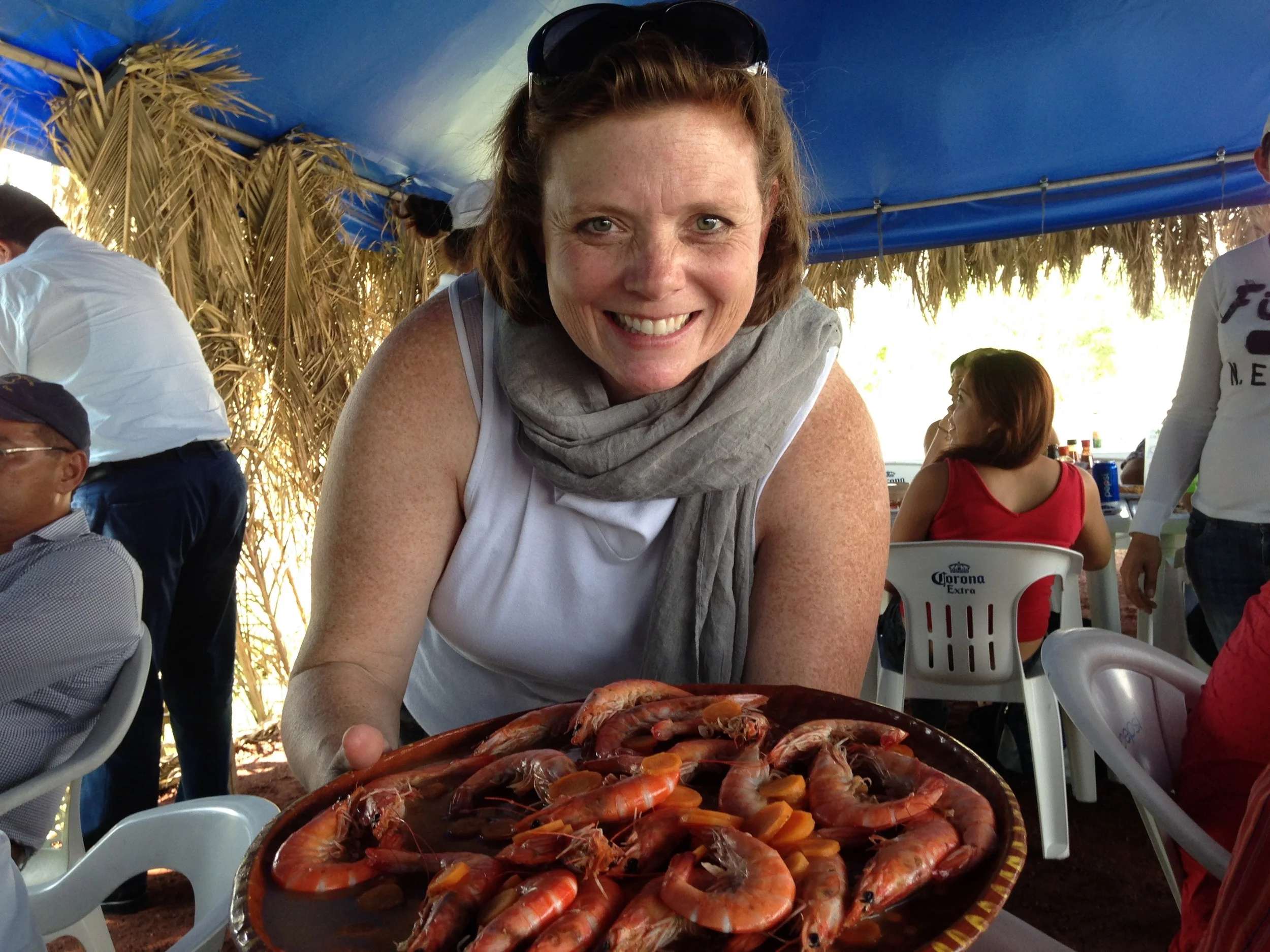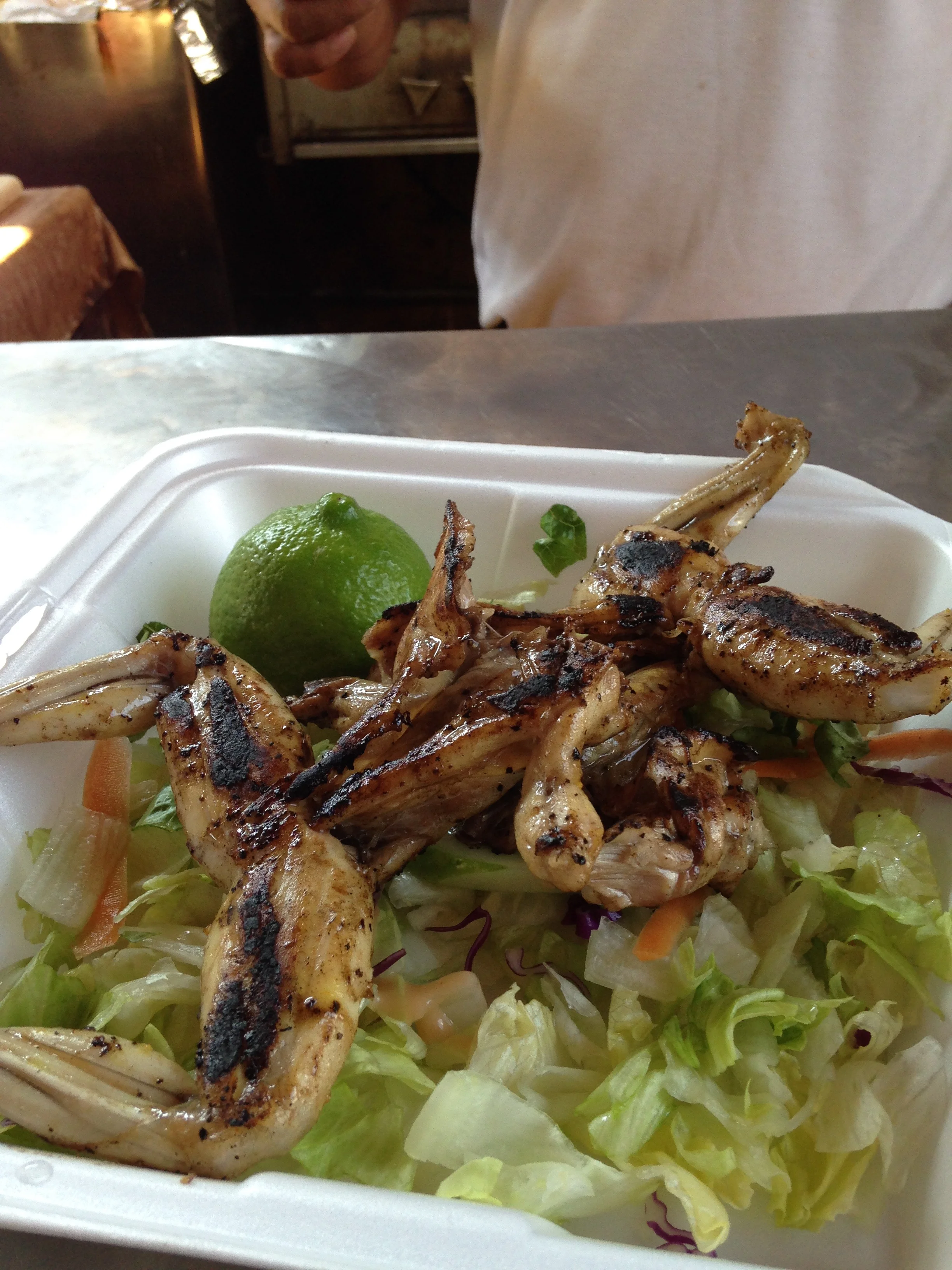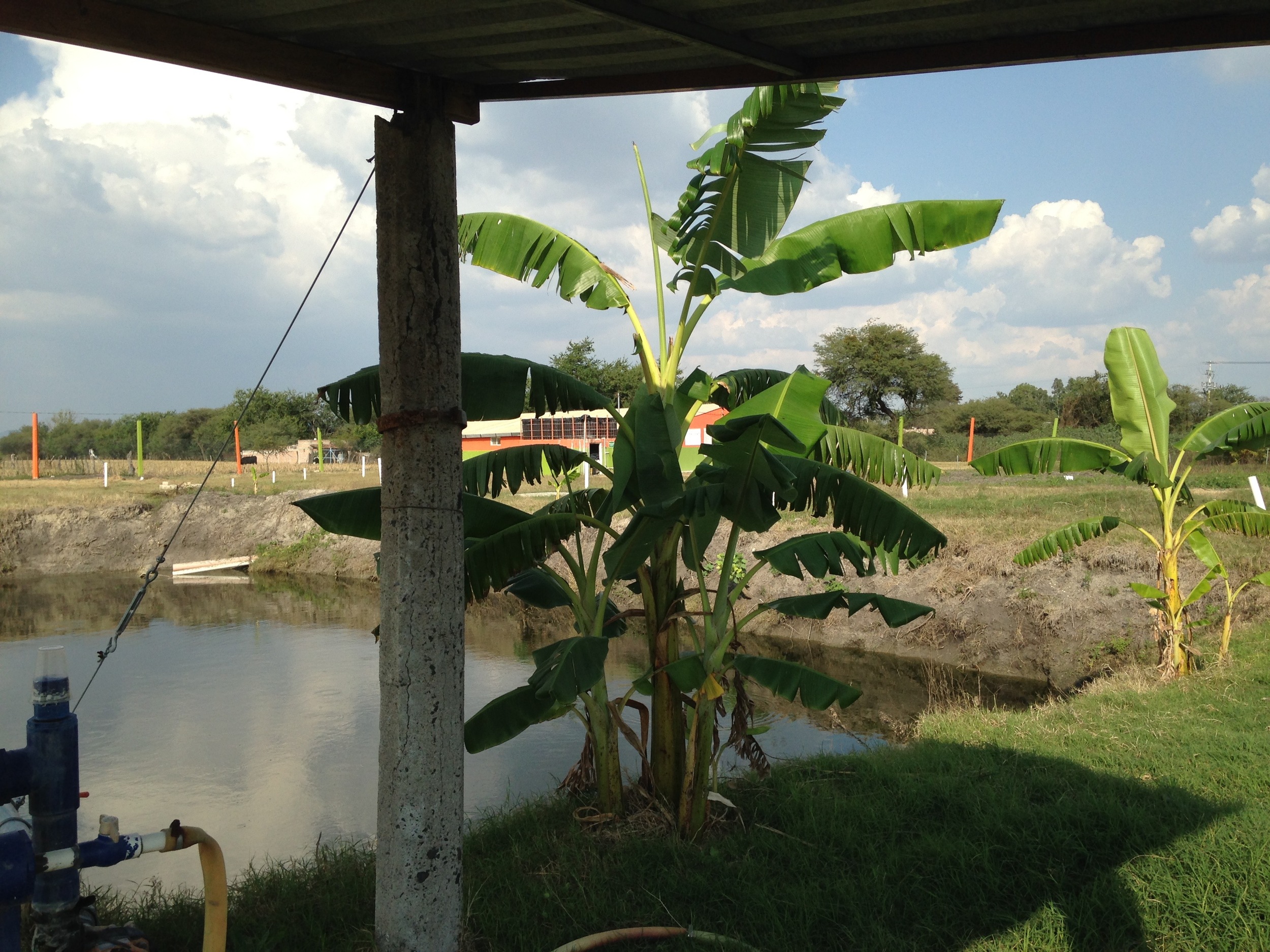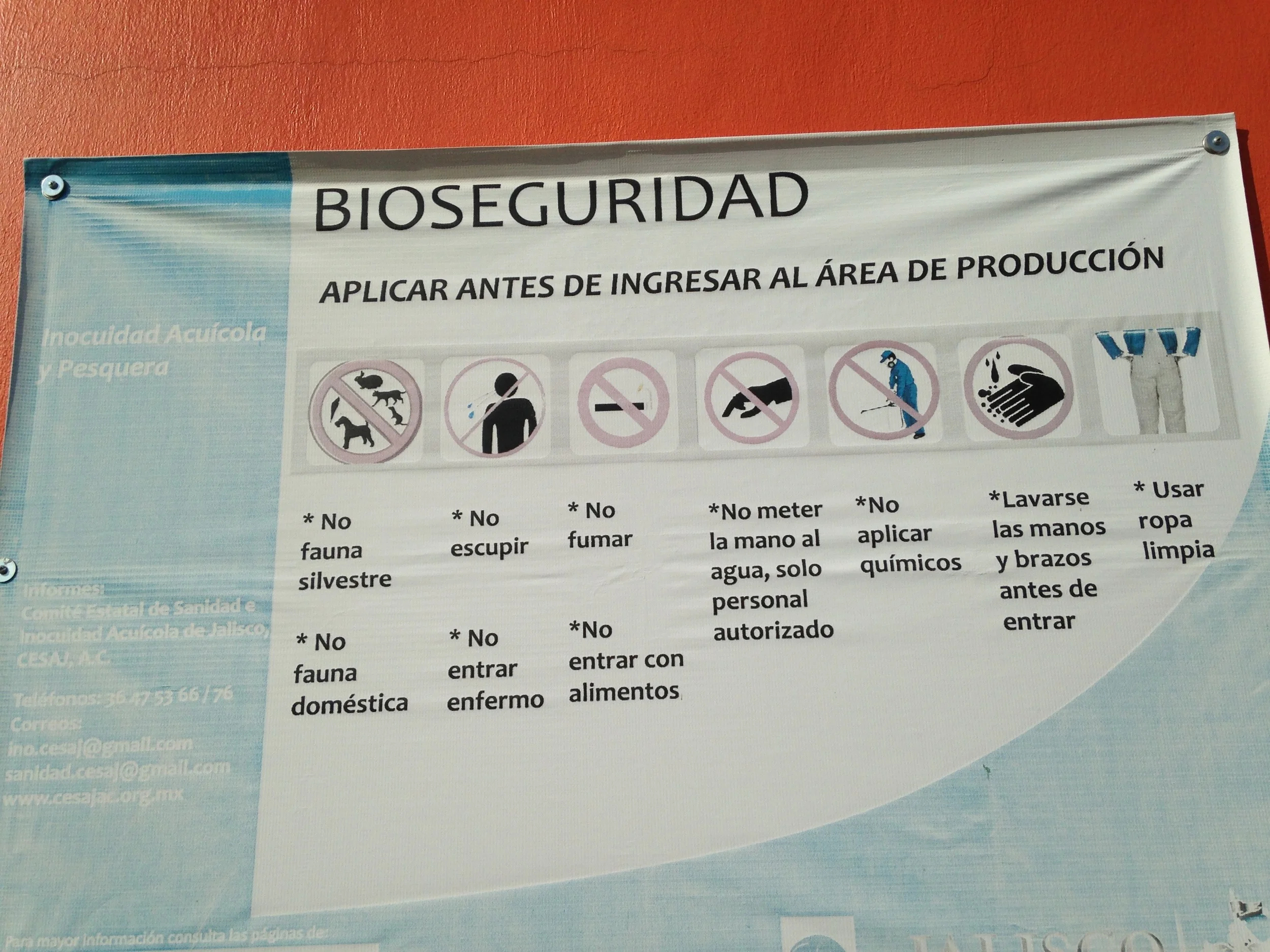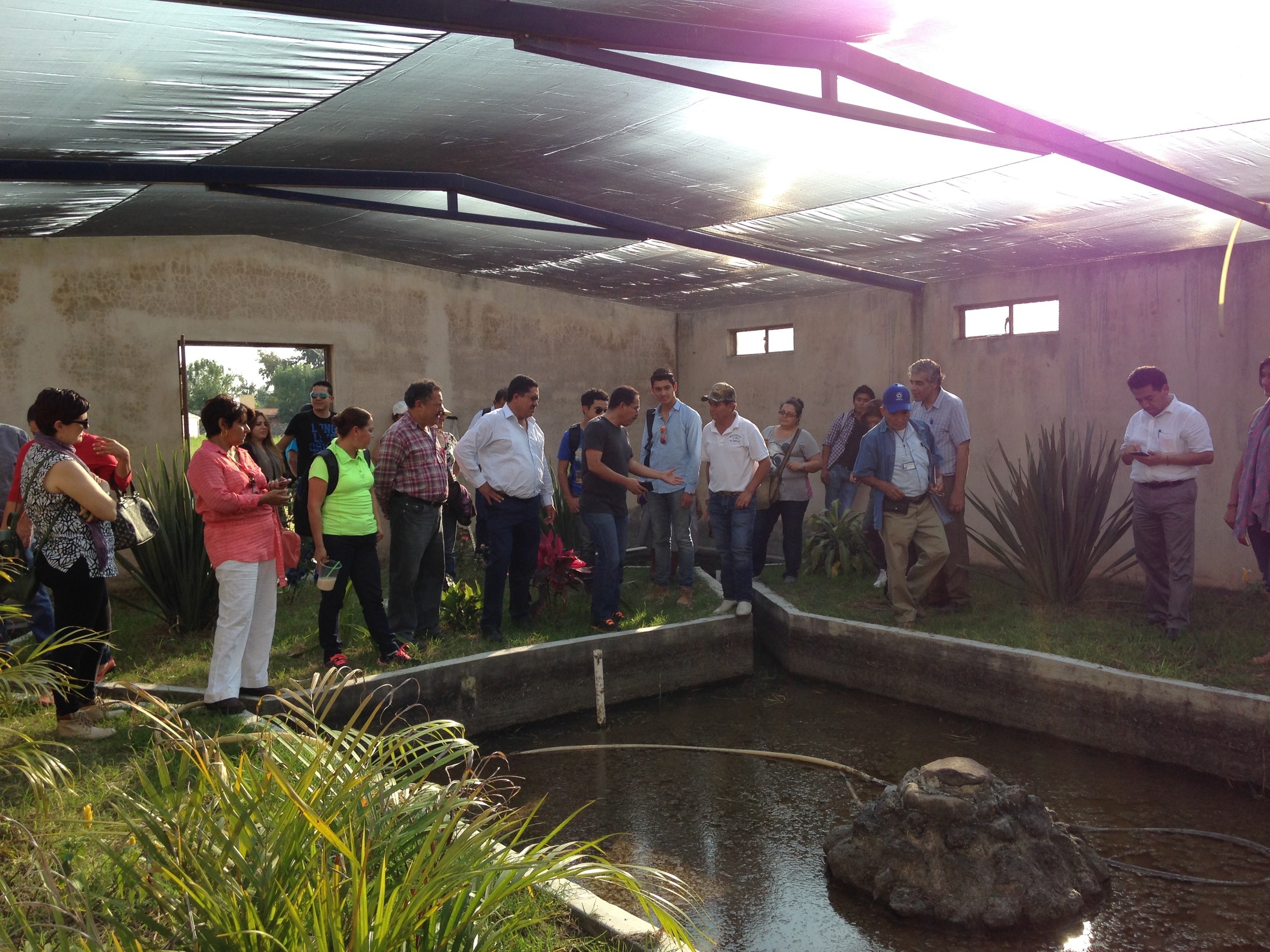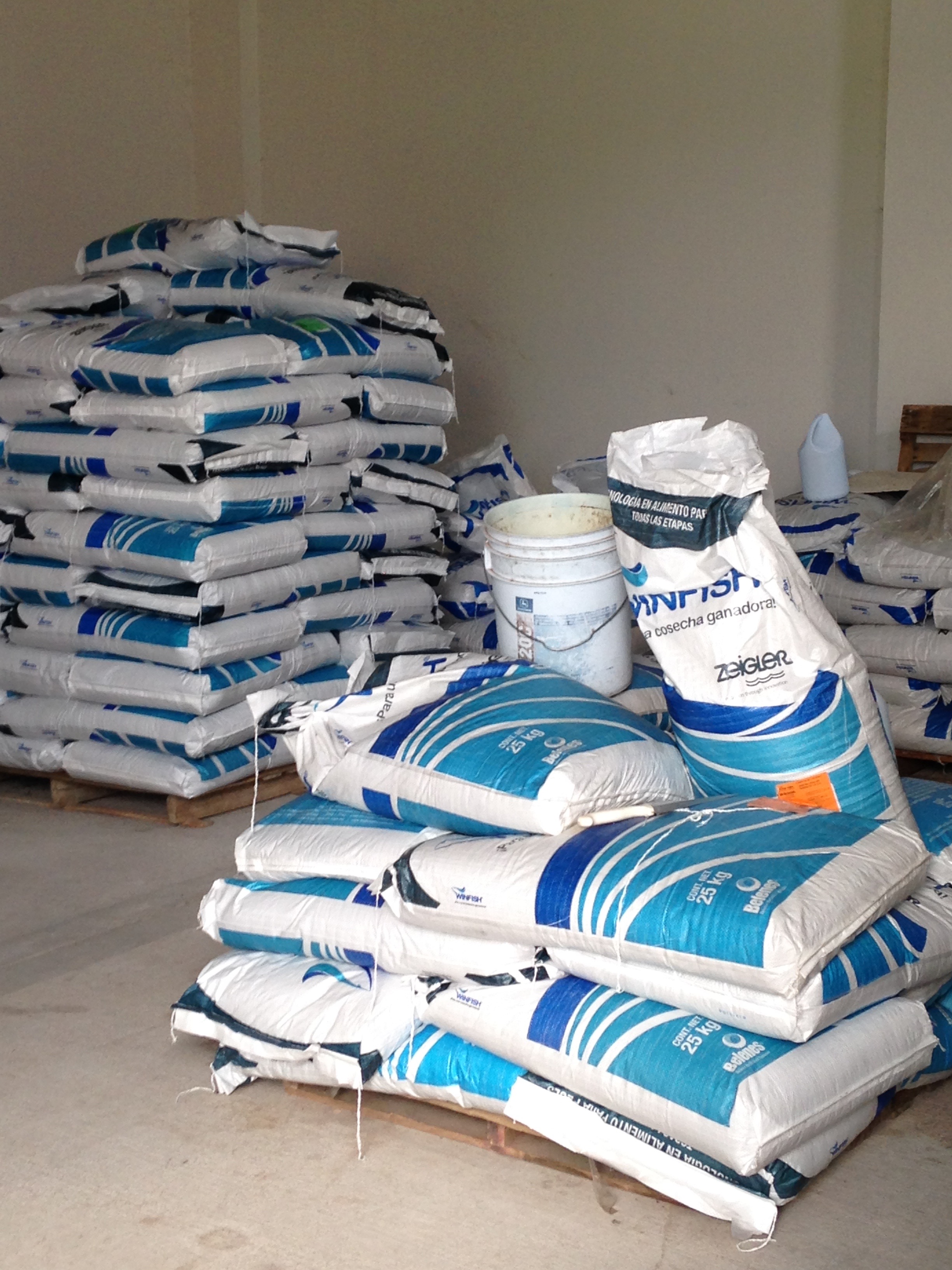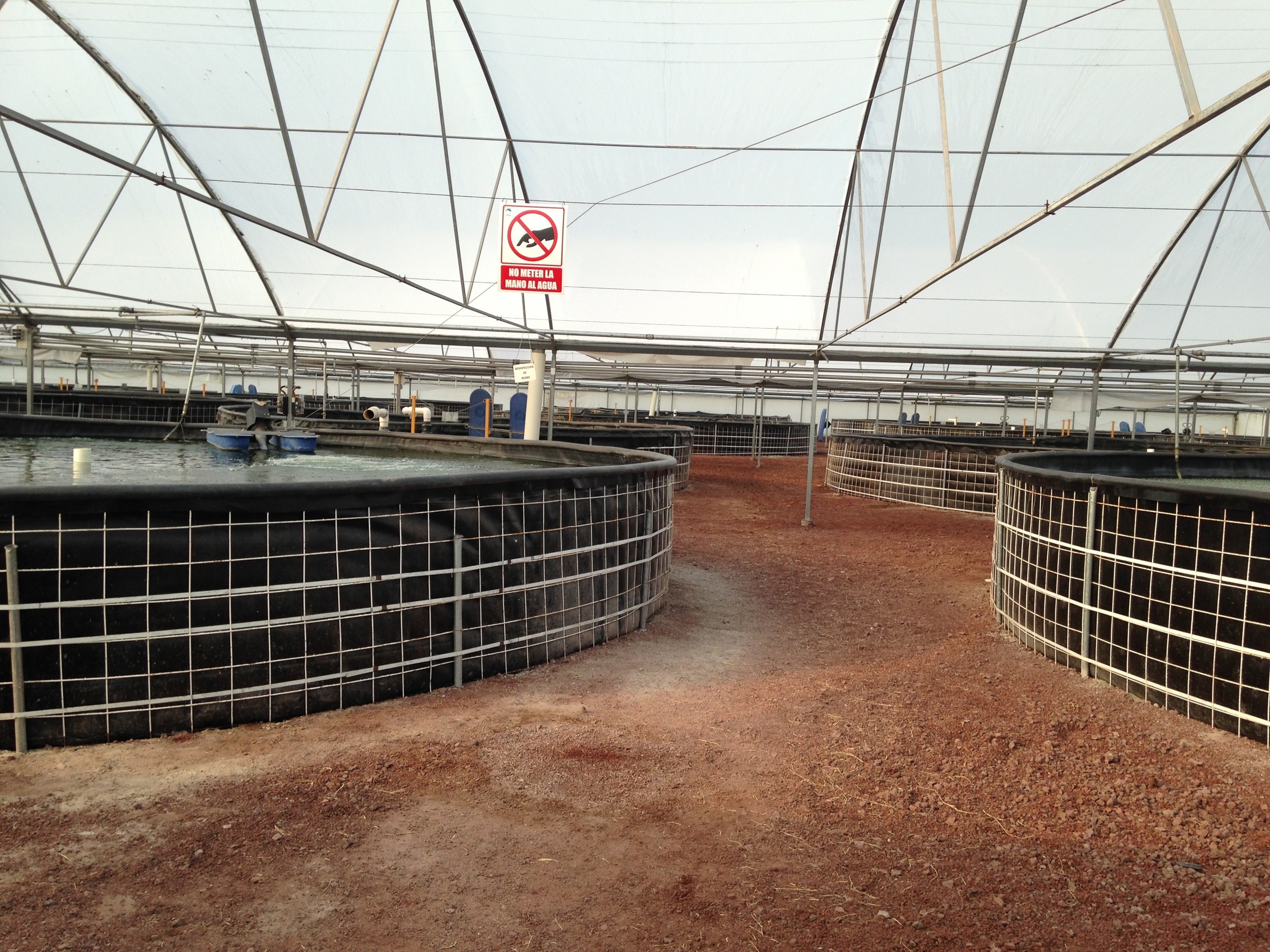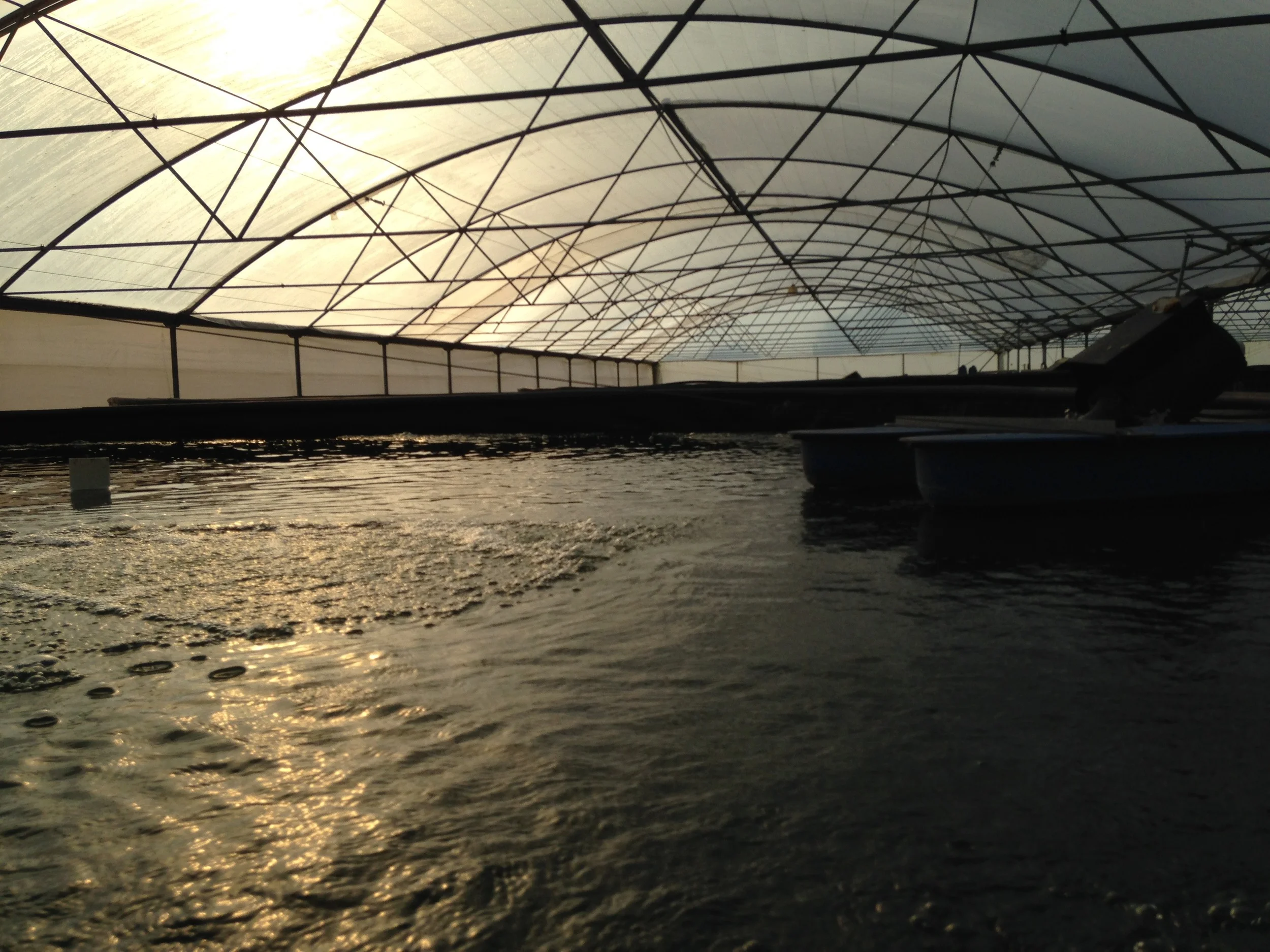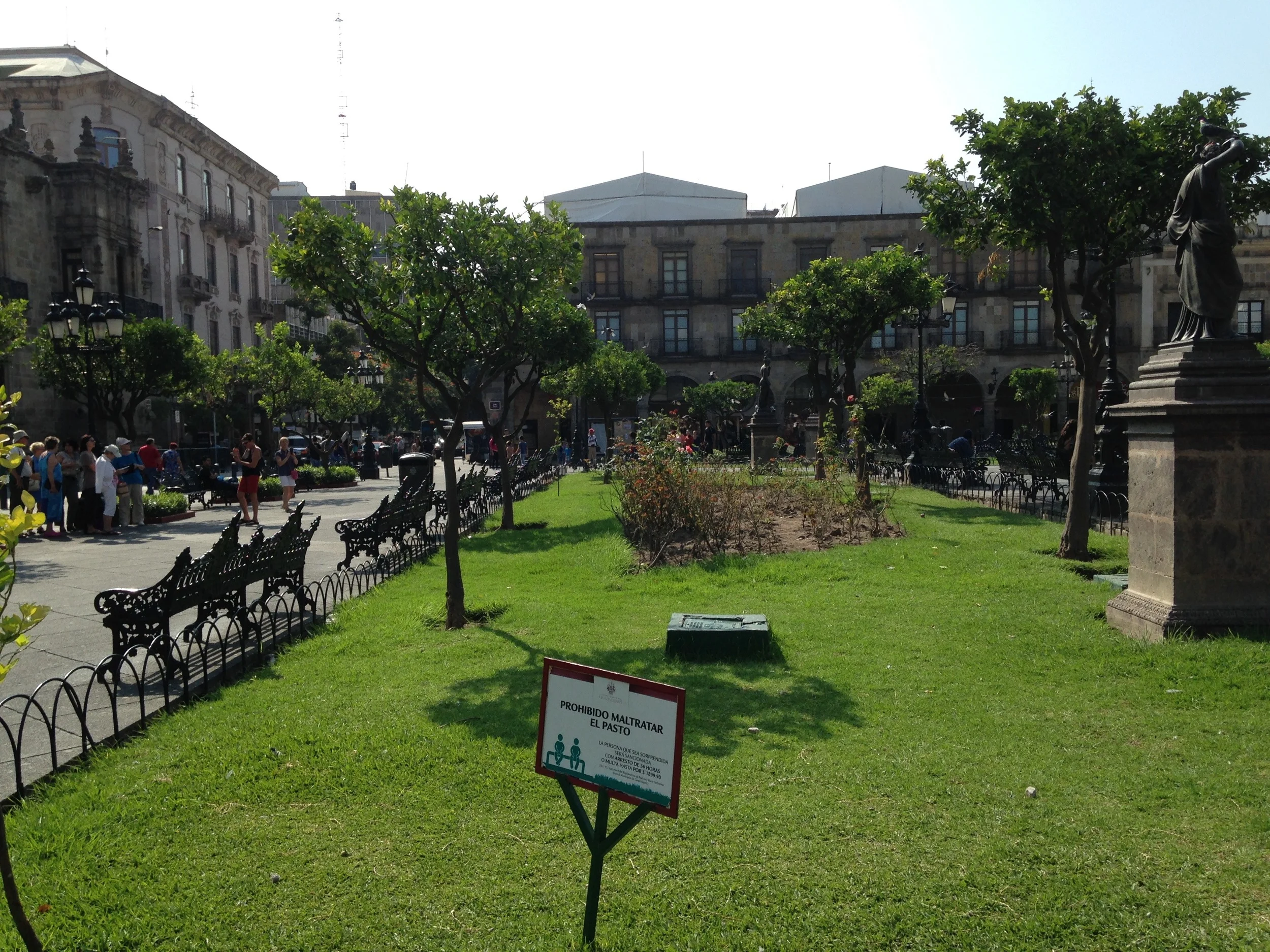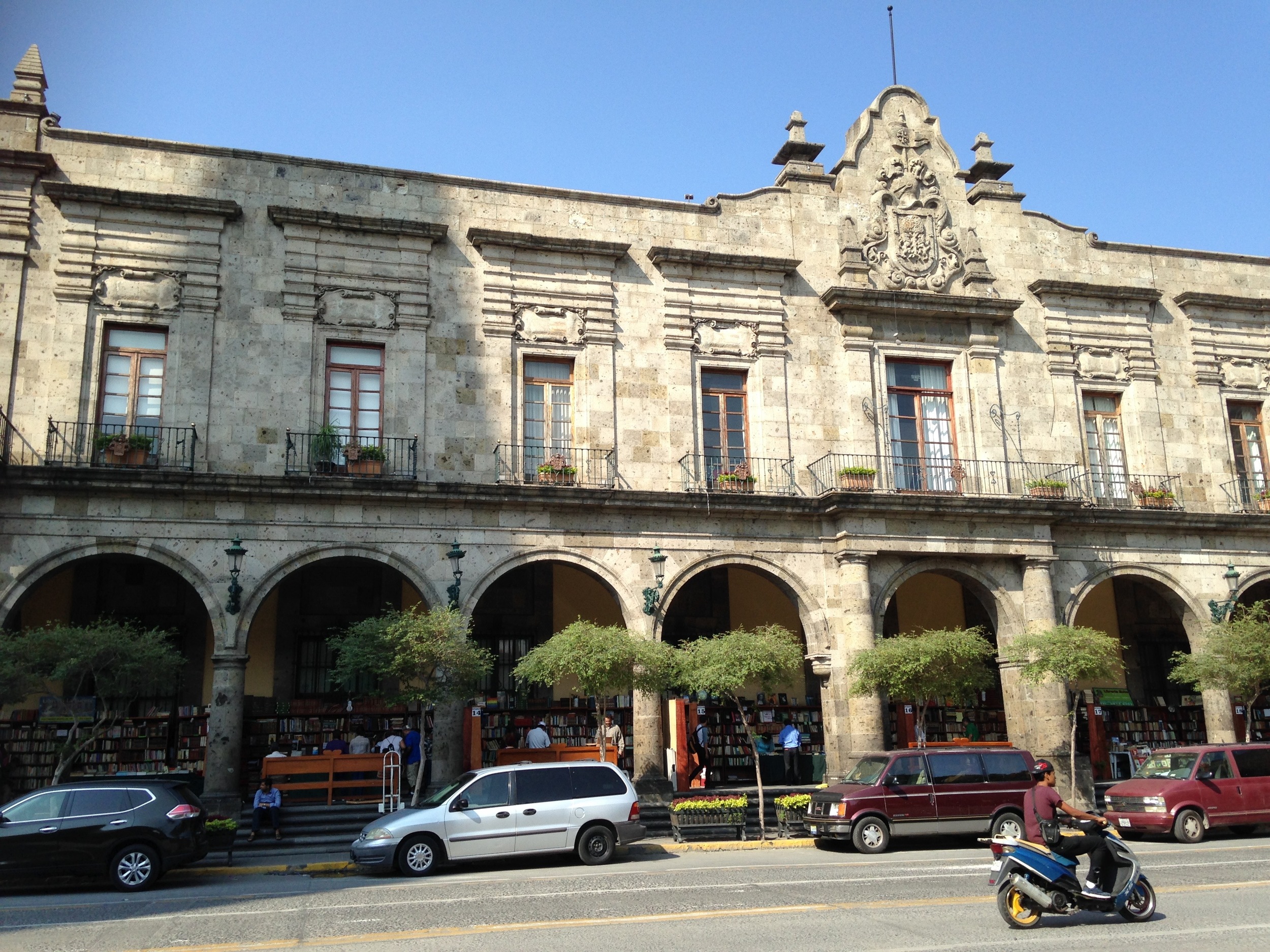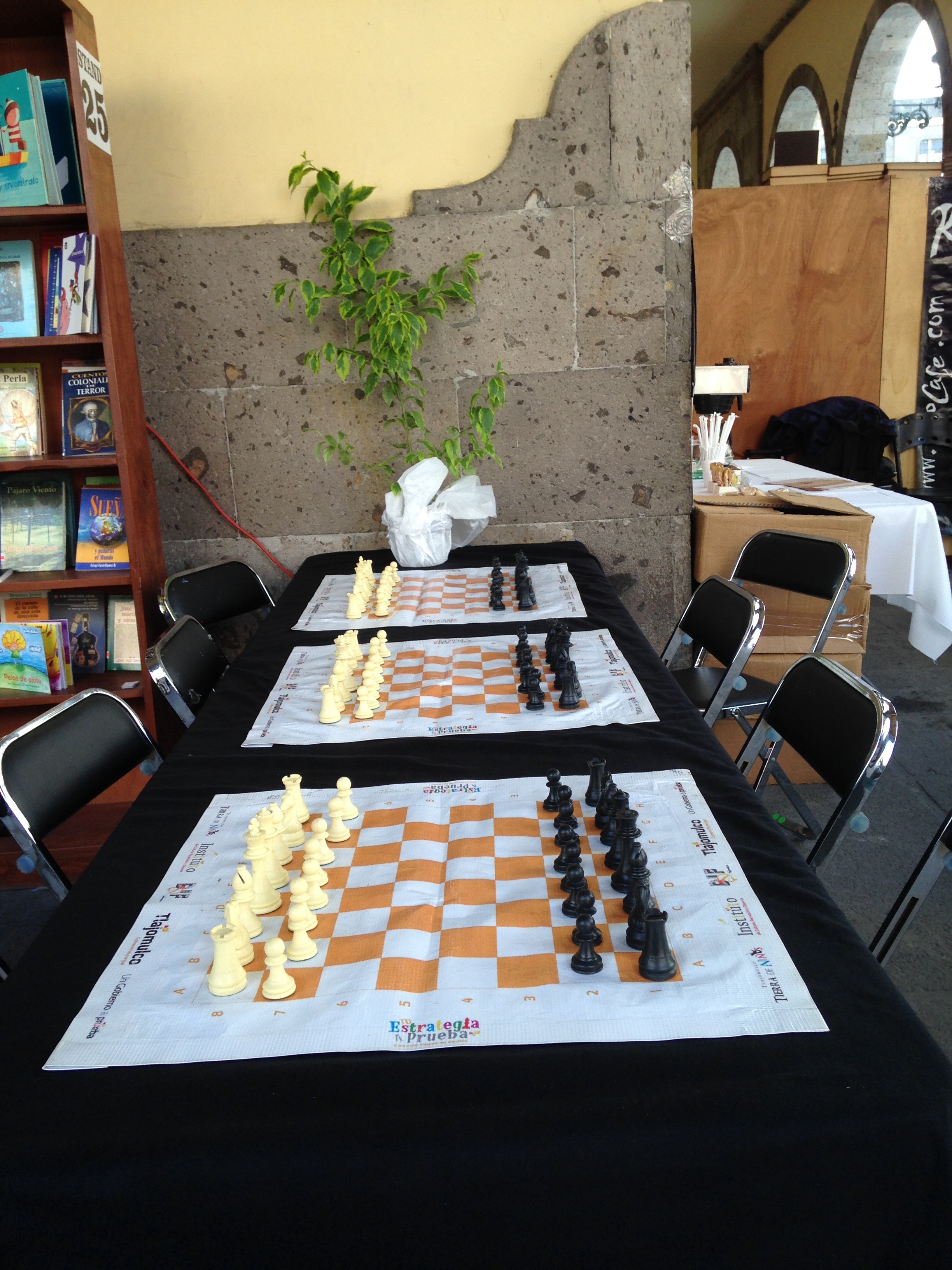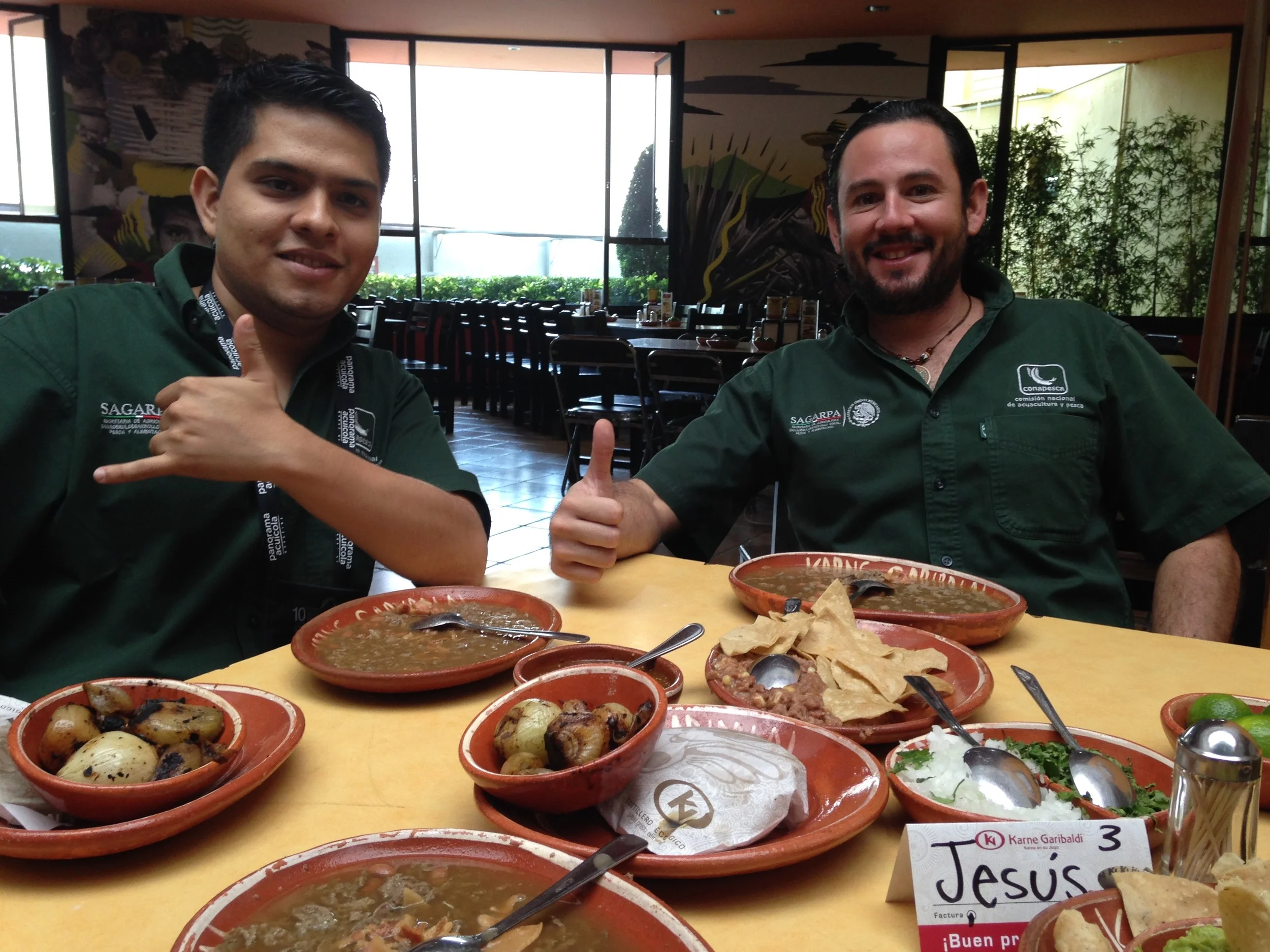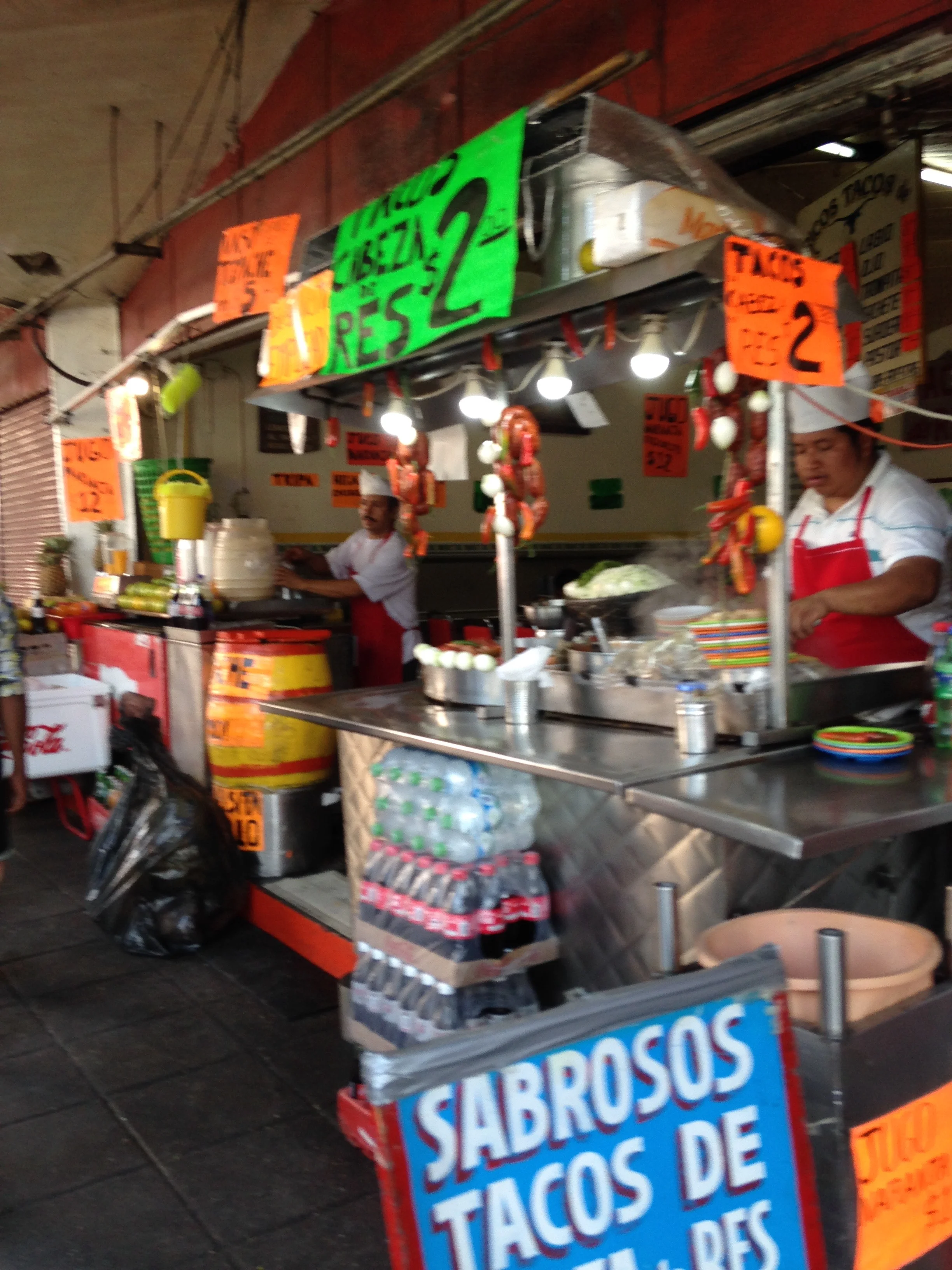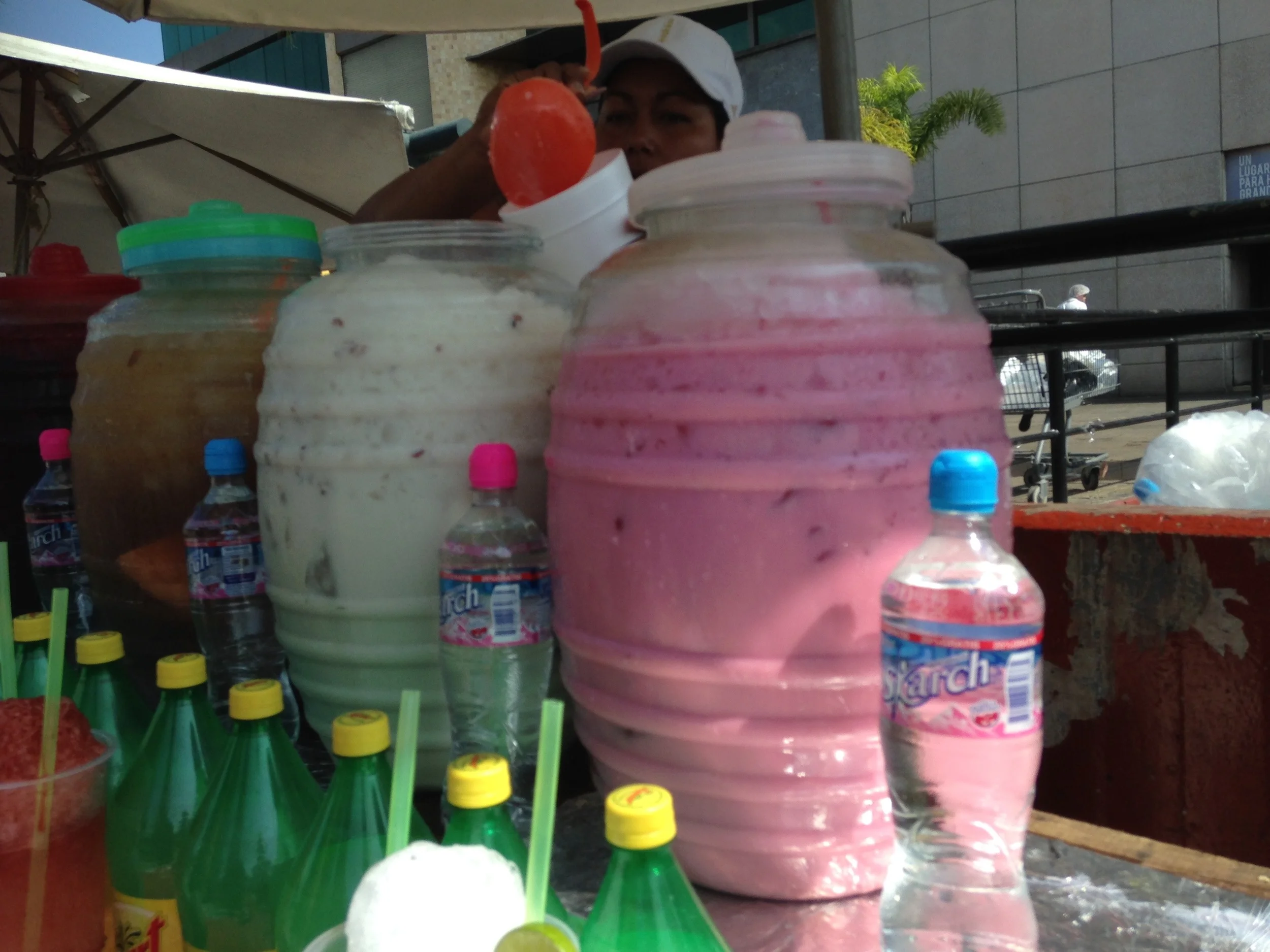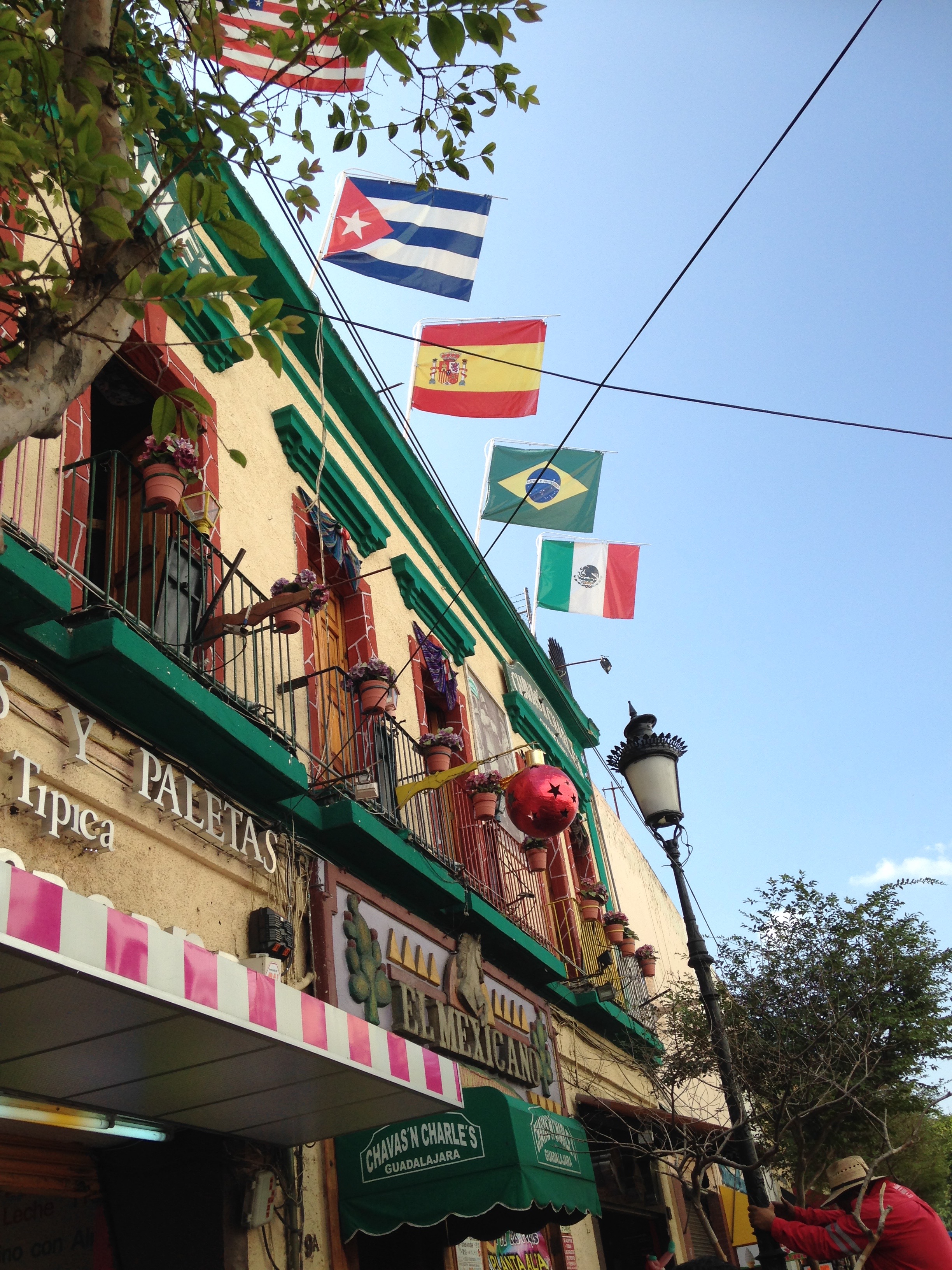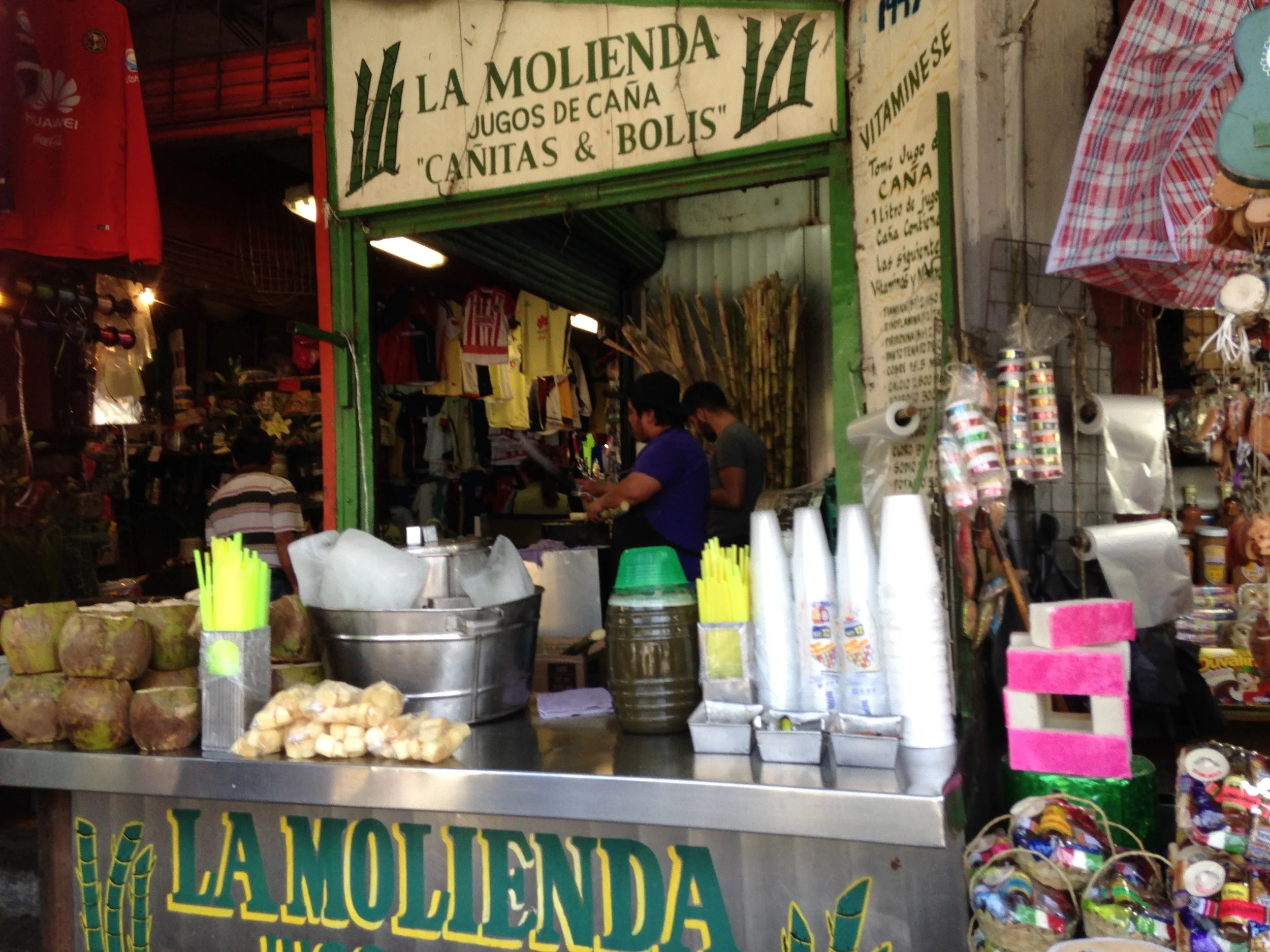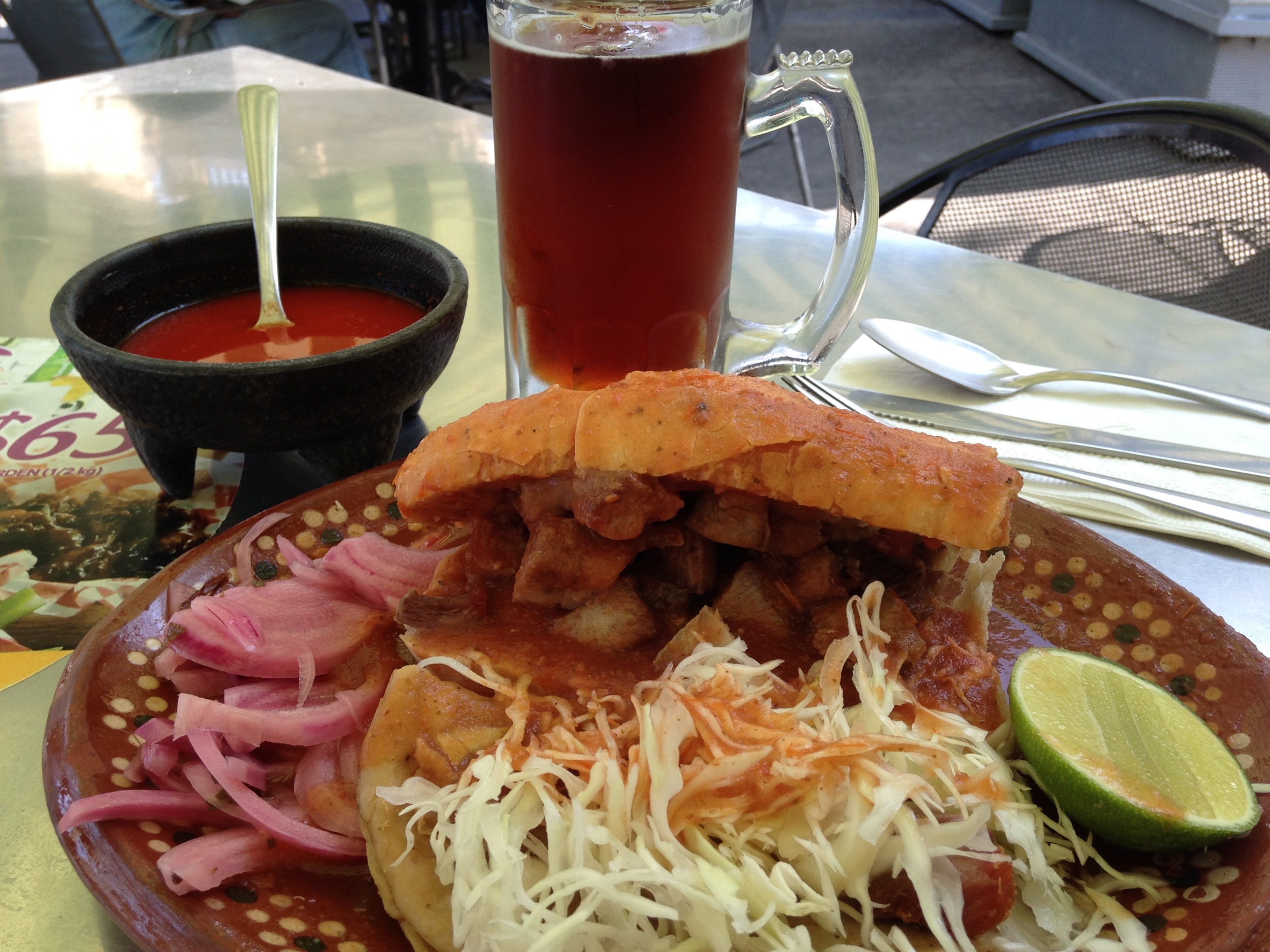I had the pleasure of attending the 10th annual Foro Internaciaonal de Acuicultura (FIACUI) earlier this month in Guadalajara, Mexico. This conference is organized every year by Panaorama Aquicuicola Magazine and provides a lively forum for discussion around issues related to aquaculture across Latin America, and more specifically Mexico.
This year the topic was principally focused on issues of sustainability — in production, practices and the marketplace.
The event kicked off with a live band at the opening reception, so right off the bat I knew that this conference would be special. Throughout the event, I was incredibly impressed with how the organizers could keep so many people engaged from early morning meetings through evening activities. They did this by alternating the important conference topics with dedicated “expo” sessions with the vendors. There was even a sponsored Mexican seafood lunch in the vendor area so that attendees could browse equipment, feeds, etc. without having to forage for food outside the conference. I mean, who would really be interested in leaving the expo area while grilled shrimp brochettes were on hand! To my amazement, on Thursday evening, when the panel discussion went over a full hour with sanding-room-only attendance, everyone stayed to the very end. After the long anticipated last question, the audience was finally rewarded with a full live mariachi band, dancers, margaritas and a seafood buffet, all in celebration of the 10th year anniversary of the FIACUI.
After the two full days of discussions, presentations and vendor expo, FAICUI goers had several options for field trips into the surrounding areas. Of course I chose the aquaculture tour. So, early Saturday morning a group of around 30 of us piled into a private charter bus, then headed southeast about two hours out of Guadalajara towards the small town of Tototlan. Throughout the day we visited catfish and tilapia farms, but what I didn’t expect was a visit to a frog farm!
We stopped for lunch at a cool little roadside spot at La Barca called “Restaurant El Cortijo.” Here we feasted on whole fried fish, rice and beans and since it is the heart of Jalisco, a lunch time tequila. The family running the restaurant also operated the tilapia and frog farm. They were so proud of their product that they sent me back to the city with a couple of “ranas a la plancha”…yes grill frogs for dinner. This is REAL Mexican farm to table dining!
It was a wonderful trip and an informative conference — from the dynamic guys at SAGAPRA who found time to introduce me to a quick meal at Karne Garibaldi (self-proclaimed the fastest restaurant in the world), to innovative young farmers who want to learn more about branded seafood in Mexico and beyond. I look forward to keeping in touch with new friends and colleagues. There is a lot of potential here and I, for one, look forward to seeing the Mexican aquaculture community come into its own.

